Welcome to Good Market Info!
Click the logo to return to the Good Market app
Welcome to Good Market Info! Click the logo to return to the Good Market global app.

Welcome to the 41 social enterprises, cooperatives, responsible businesses, civic organizations, and networks that became Good Market approved in September 2021! This month’s roundup includes new community members from Australia, the Philippines, Indonesia, Sri Lanka, Bangladesh, Nepal, India, Nigeria, the Netherlands, the United Kingdom, Jersey, the United States, and Costa Rica. More than 2,045 enterprises across 67 countries are now part of the Good Market commons.
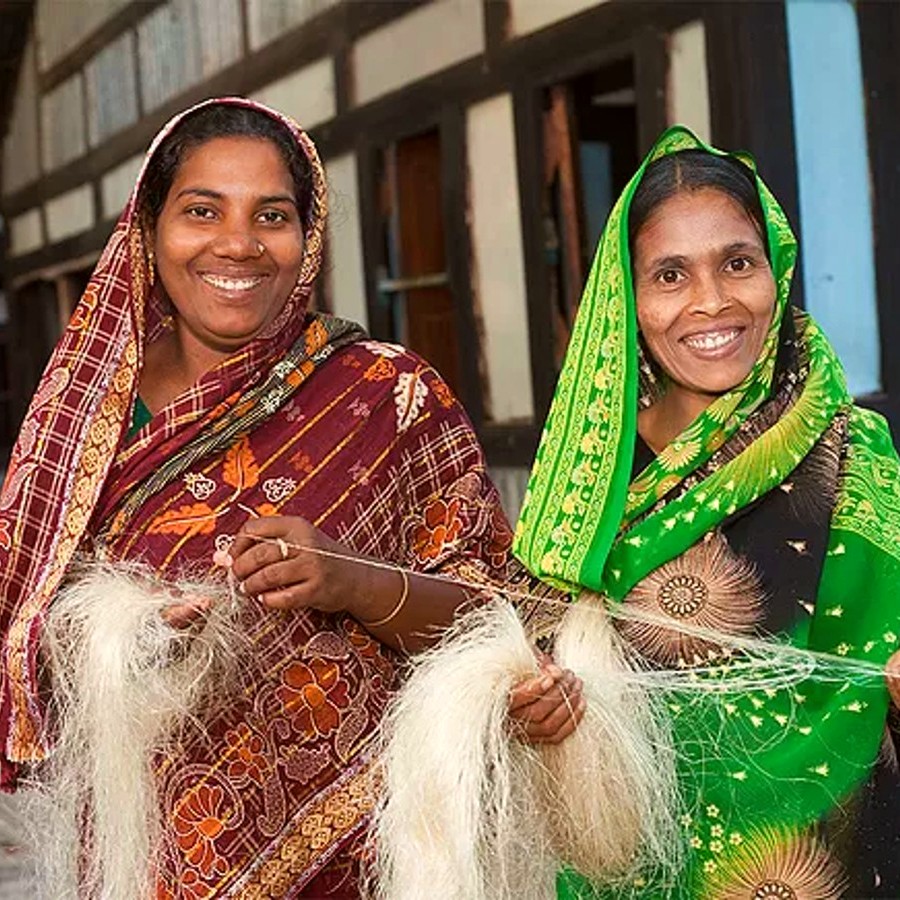
Dhaka, Bangladesh
Prokritee aims to develop the social and economic capacity of disadvantaged rural women in Bangladesh by creating productive employment opportunities and sustainable linkages to world markets. They work with more than 1,500 rural artisans to create unique housewares, accessories, stationery, and other handmade products, which they export to leading fair trade buyers around the world. Each of their ten workshops focus on different materials and techniques. Priority is given to natural and environmentally responsible materials like bamboo, areca, coconut, jute, hemp, leaves, grasses, invasive water hyacinth, terracotta, handloom cotton, indigo, textile waste, recycled tin, and other waste materials. All paints and dyes are azo free. Prokritee ensures all artisans have access to fair wages, safe and healthy working conditions, training, and the opportunity to participate in decision making. As a not-for-profit organization, any surplus is reinvested to support rural artisans and their communities. Prokritee is a guaranteed member of the World Fair Trade Organization (WFTO) and a member of WFTO Asia, Banglacraft, and ECOTA Fair Trade Forum.
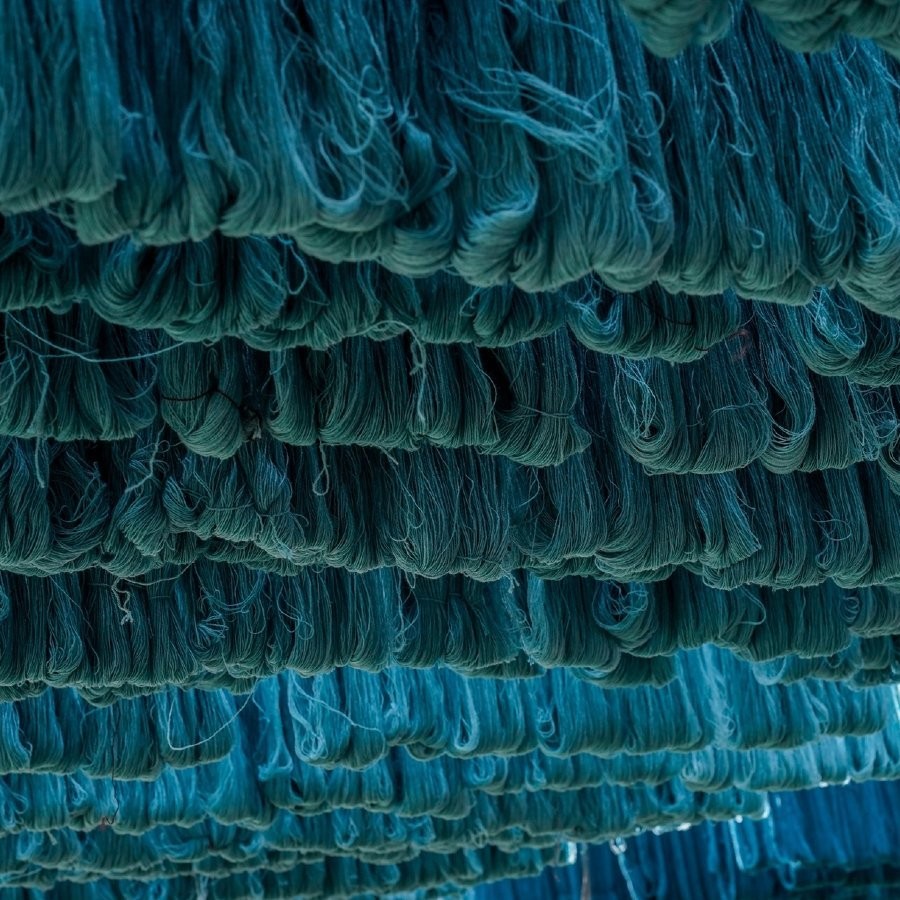
Kabupaten Gianyar, Bali, Indonesia
Tarum Bali has been offering natural dye products and services since 2001. They dye yarn and cloth for wholesale customers, create handwoven fabric, housewares, clothing, and accessories for retail, and conduct natural dye workshops and tours for visitors. The dyes are made from locally available leaves, like tarum, mango, secang, umbrella tree, mahogany, and sappan and blended to make hundreds of colors. Darker shades may be dyed up to eight times. Tarum Bali is committed to environmental responsibility. They use plant waste to make compost, leftover dye water goes through biological filtration, and fabric scraps are upcycled to make rugs and table mats.
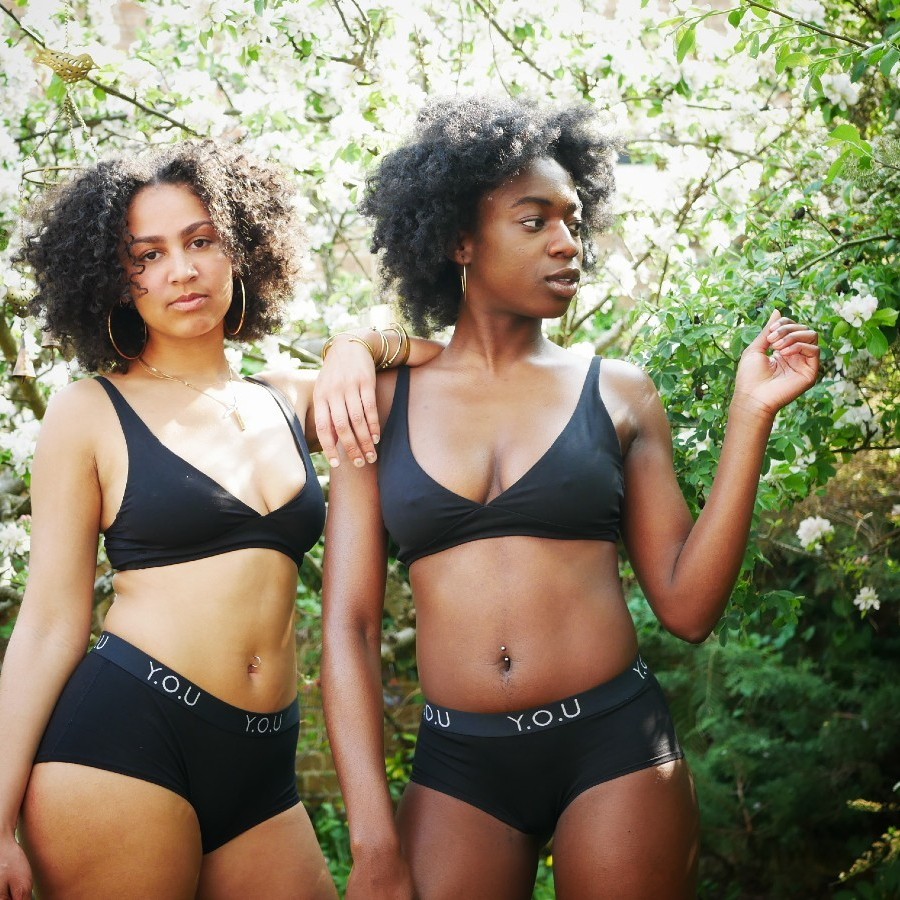
Oxford, England, United Kingdom
Your Own Underwear (Y.O.U) works with India’s leading ethical and sustainable manufacturer to produce fairtrade organic cotton underwear for women and men and bralettes for women and girls. For every pair of underwear sold from their core collection, Y.O.U donates two pairs through Smalls for All. Sales from their Mara range go to support Maasai communities through the Ajuma Foundation. Their light pink range supports the breast cancer charity Future Dreams, and sales of their menstrual cups support Just a Drop with menstrual hygiene programs in Uganda. Y.O.U is committed to showing an inclusive and diverse group of people in their marketing materials and never edits or airbrushes images. They package products in organic cotton bags and mailers made from recycled materials, work with Yago Eco to turn old mailers into recycled plastic earrings, and plant trees through Eden Reforestation, Treedom, and Ecologi. Y.O.U is a registered social enterprise, a member of Social Enterprise UK, and has Living Wage Employer, Fairtrade, GOTS organic, and PETA-Approved vegan certifications.
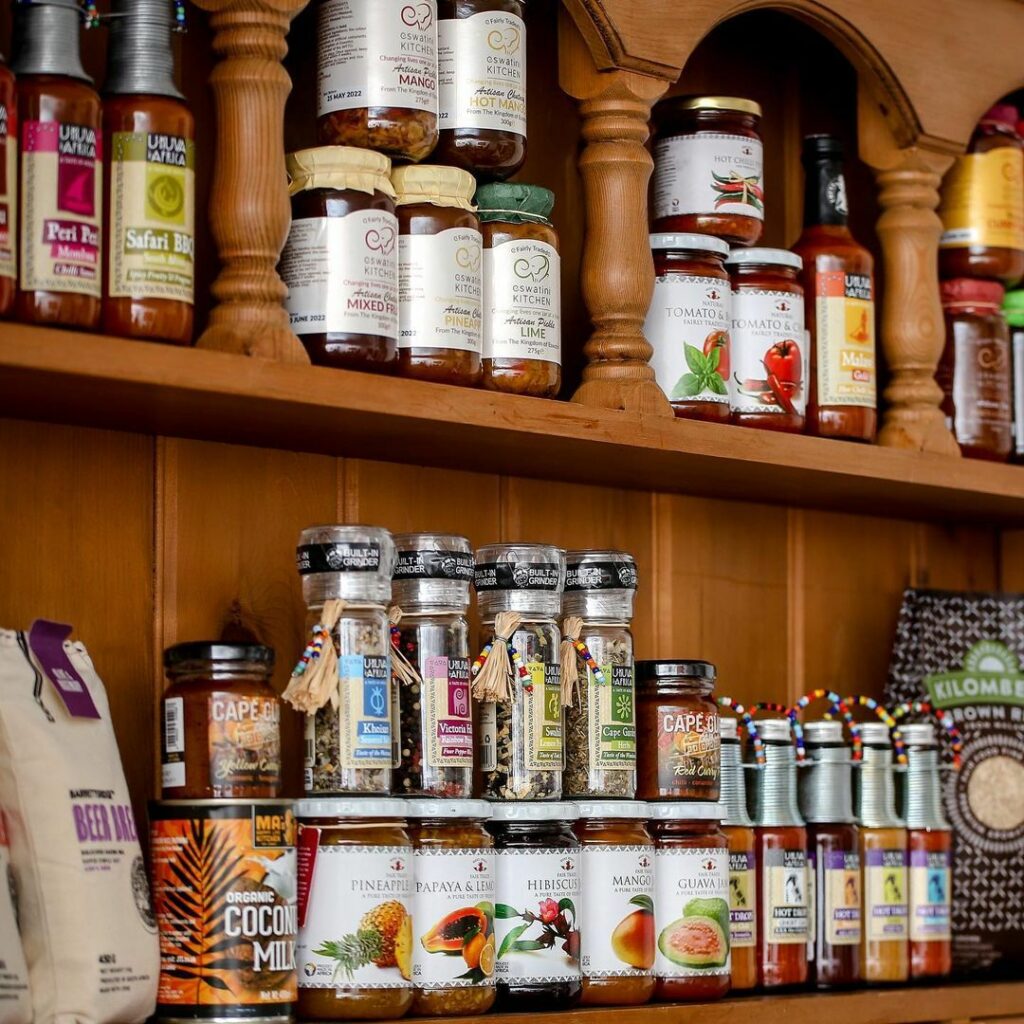
Paisley, Scotland, United Kingdom
JTS facilitates the import and distribution of fairly traded food products in the United Kingdom. They educate consumers about the benefits of fair trade, provide market opportunities and sustainable incomes for marginalized smallholder farmers and producers, and provide meaningful training and employment opportunities for their staff in Scotland. JTS supplies fair trade Kilombero rice from Malawi, spices, condiments, and bread mixes from South Africa, chutneys and spreads from Eswatini, jams and sauces from Kenya, organic pulses from India, and organic coconut milk from Sri Lanka. More than 800 local schools, churches, and community groups have completed their 90 Kilograms of Rice Challenge by selling 90 bags of rice, the amount a farmer in Malawi needs to sell to send a child to secondary school for a year. They also accept donations to provide rice bags to local food banks. JTS is owned by The Balmore Trust, a Scottish charity, and all profits are used for their social mission. They are a guaranteed member of the World Fair Trade Organization and a member of the UK Fair Trade Leaders Forum, BAFTS Fair Trade Network UK, the Scottish Fair Trade Forum, Scotland’s International Development Alliance, and the Scotland-Malawi Partnership.
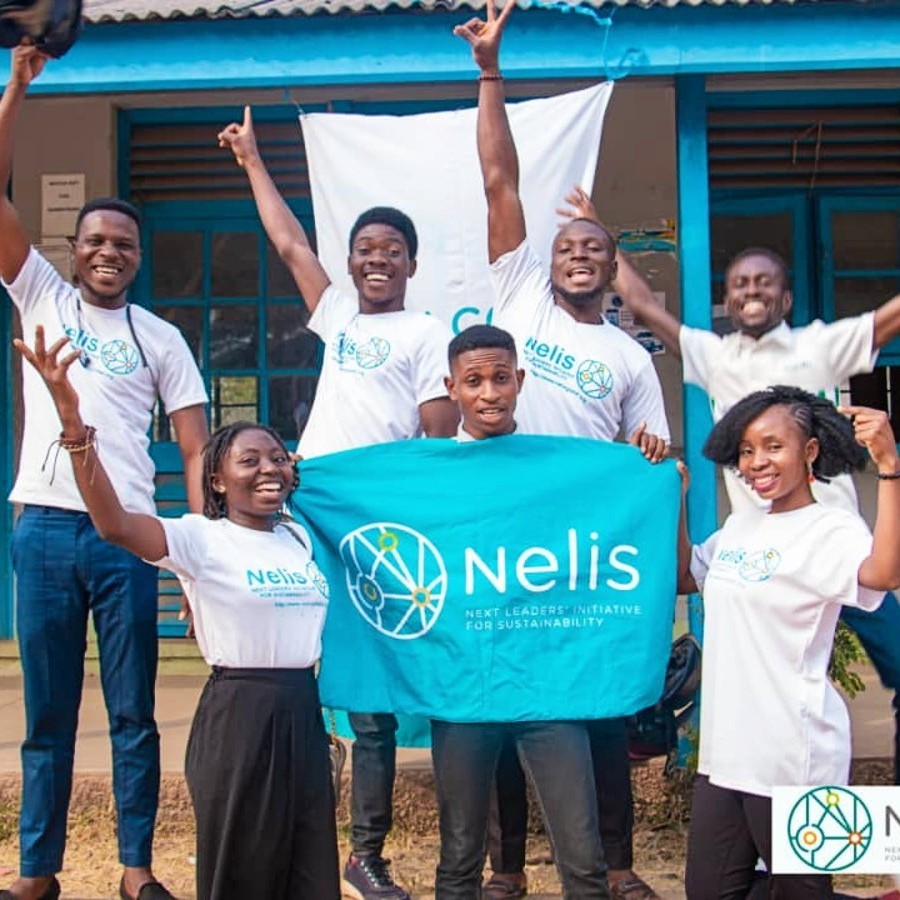
Ilado, Nigeria
One Million Leaders Africa (OMLA) aims to harness the positive energy of African youth and help train, mentor, and support a new generation of leaders across the continent who can help put Africa on a more sustainable course. OMLA Fellows are young university graduates who participate in a boot camp on social innovation, social entrepreneurship, and sustainability and receive a stipend to train and mentor promising leaders in secondary schools and tertiary institutions called OMLA Stars. These OMLA Stars go on to provide training for other young people, called Starlets, through community groups, schools, and religious organizations. The Fellows work with their Stars and Starlets on community development projects, and after one year of commitment they have access to a vibrant Alumni community and network opportunities like scholarships, internships, job placements, grants, exchange programs, and trainings. One Million Leaders Africa operates on a not-for-profit basis and is part of Next Leaders’ Initiative for Sustainability (NELIS).
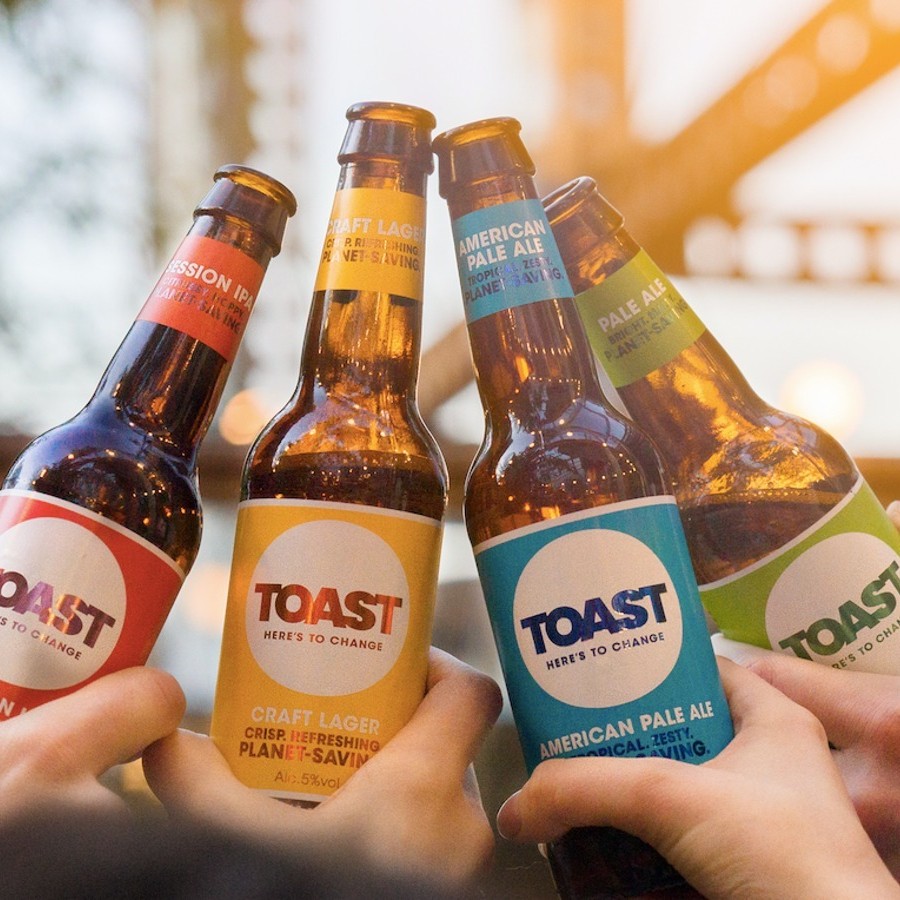
London, England, United Kingdom
Toast Ale brews craft beer from surplus fresh bread, raises awareness about food waste, and donates 100 percent of distributable profits to charities that are fixing the food system. Using surplus bread prevents waste and reduces demand for grain, which means less land, water and energy are used and carbon emissions are avoided. Toast produces beer with brewery partners that are committed to environmentally responsible practices like solar energy, energy efficiency, water treatment, and waste management systems. Spent grain and hops are used as animal feed or composted. For environmental reasons, Toast Ale does not export. Instead, they open source a home brewing recipe and collaborate with breweries all over the world to use local sources of surplus bread, support local charities, and sell within local markets. They are carbon neutral by investing in local regenerative agriculture, and they are working to reduce emissions and become truly Net Zero. Toast pays above London Living Wage, has an Equity for Good model, and a golden share structure to protect their purpose. They are a member of Social Enterprise UK and a certified B Corporation.
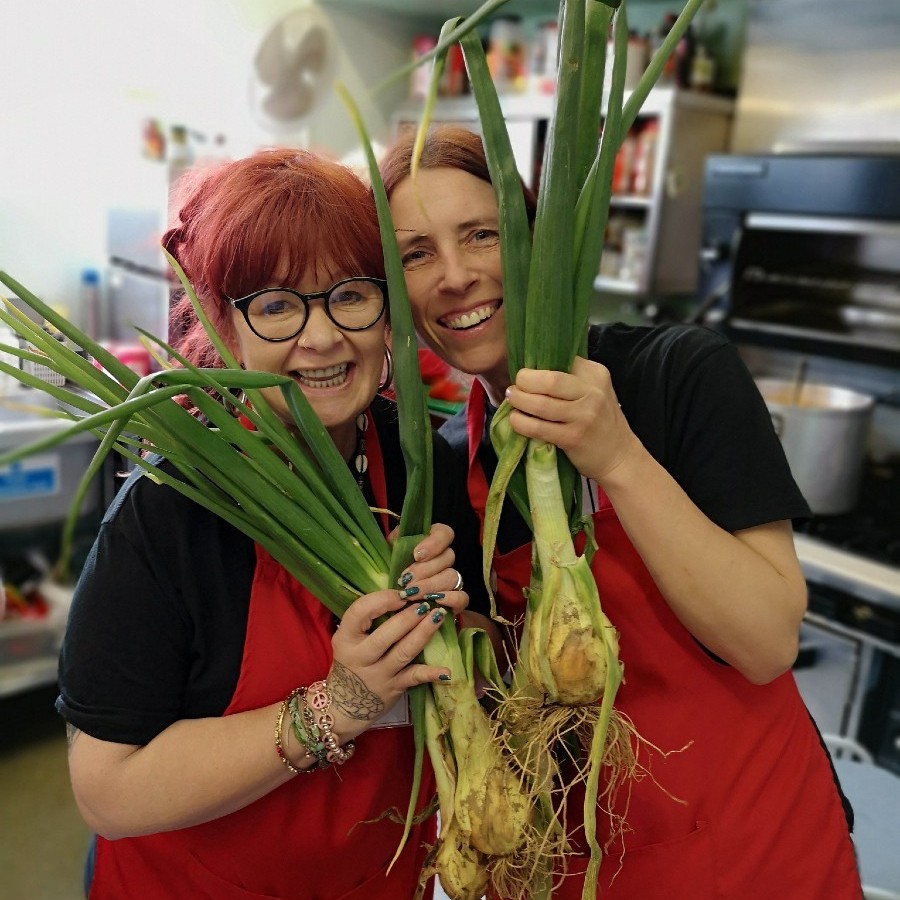
Swansea, Wales, United Kingdom
Matthew’s House exists to provide hospitality and hope for people who are homeless and vulnerable in the heart of Swansea. The building includes a full commercial kitchen and cafe area, showers, a laundry room, lounge, meeting room, and auditorium. Matt’s Cafe intercepts food waste that was destined for landfill, uses it to provide warm meals on a a pay-as-you-feel basis, and provides work opportunities to people who are long-term unemployed. Matt’s Kitchen and Laundry are accessible on a referral basis. Matt’s Cwtsh is a safe space where trained volunteers provide support and friendly advocacy to anyone in need. The Homeless Period Swansea initiative collects, creates, and distributes Dignity Packs to vulnerable women and men who cannot afford essential hygiene products. Hope in Swansea is a smartphone app that makes it easier to find accurate and up-to-date information on essential support services in the local area. Matthew’s House operates on a not-for-profit basis and uses all donations and funds to continue and expand their support services.
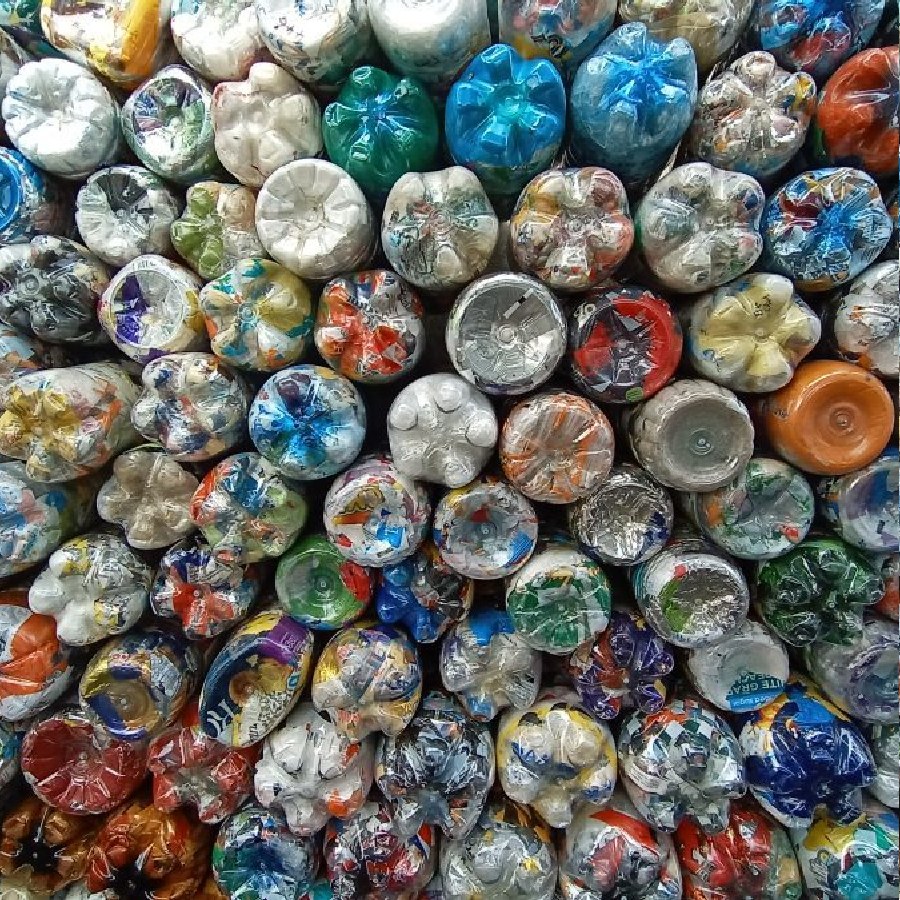
Kabupaten Gianyar, Bali, Indonesia
Ecobricks.org is the home of the Global Ecobrick Alliance (GEA), a collective of ecobrick leaders from around the world united in their efforts to transition from waste, trash, and pollution to circular, regenerative systems. An ecobrick is a PET bottle packed solid with clean and dry used plastic. Ecobricks are made to a set density to create reusable building blocks that sequester plastic and carbon dioxide from the biosphere. They can be used to create modular units, furniture, interactive spaces, gardens, play parks, structures, and more. The GEA maintains and develops the resources and infrastructure to serve local and global ecobrick movements. They developed the authentic ecobrick sequestered (AES) system for plastic offsetting and the Brikcoin manual blockchain to create a currency and economy based on the ecological service of plastic sequestration. The GEA is a for-Earth, not-for-profit enterprise based on regenerative and open source principles. They do not have corporate or government affiliations or sponsors and do not receive grants or donations. Revenue, expenses, and impact are fully disclosed. Their open books system and ecological impact accounting are publicly available online.
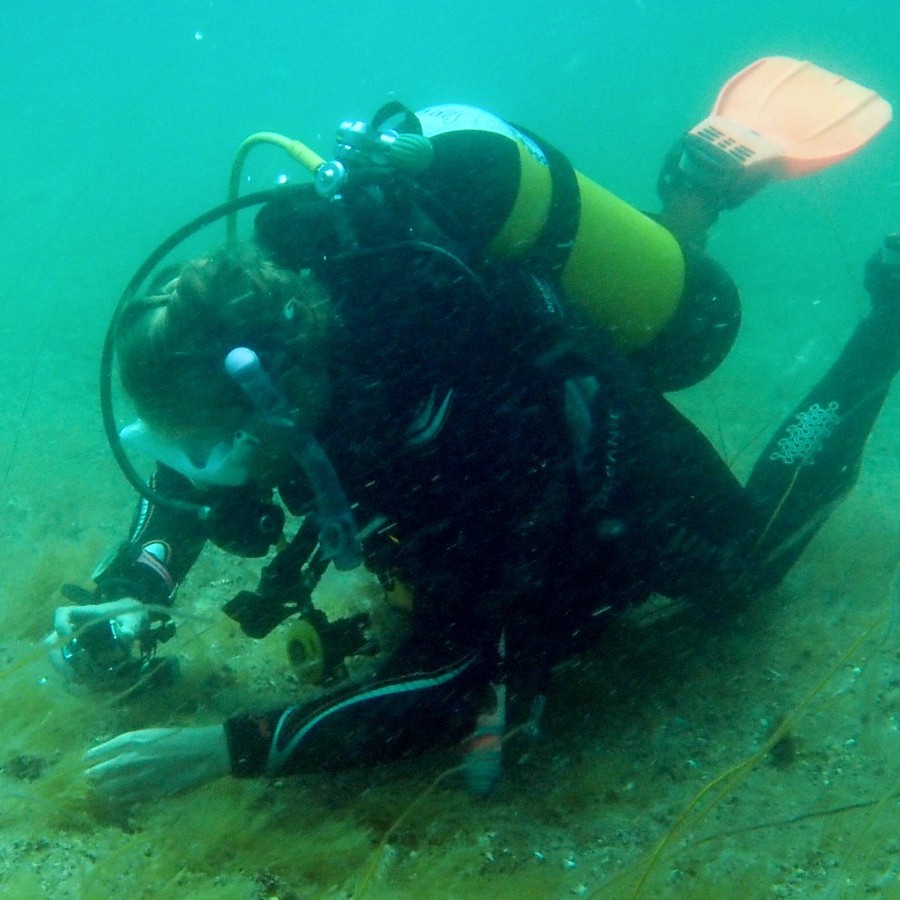
Saint Helier, Jersey
Jersey Marine Conservation is a volunteer-driven initiative that aims to preserve the island’s unique marine environment. Their local Seasearch divers collect and process data on underwater species and biotopes according to international standards and supply research, images, and videos to the National Biodiversity Network and Jersey Biodiversity Centres. The group’s research has been instrumental in establishing marine protection zones, ensuring sustainable fishing practices, challenging environmentally sensitive projects, and halting the wholesale destruction of seabed communities. Jersey Marine Conservation works with local sea swimming groups to organize Cove Cleanups and remove harmful marine debris and partners with schools and other community groups to develop learning programs through the Butterfield Marine Watch. They maintain a watch tank, organize school visits to inter-tidal areas, offer workshops and media resources, and corodinate with the Jersey Independent Centre For Advanced Studies to support marine ecology projects. Jersey Marine Conservation is a not-for-profit organization and registered charity.
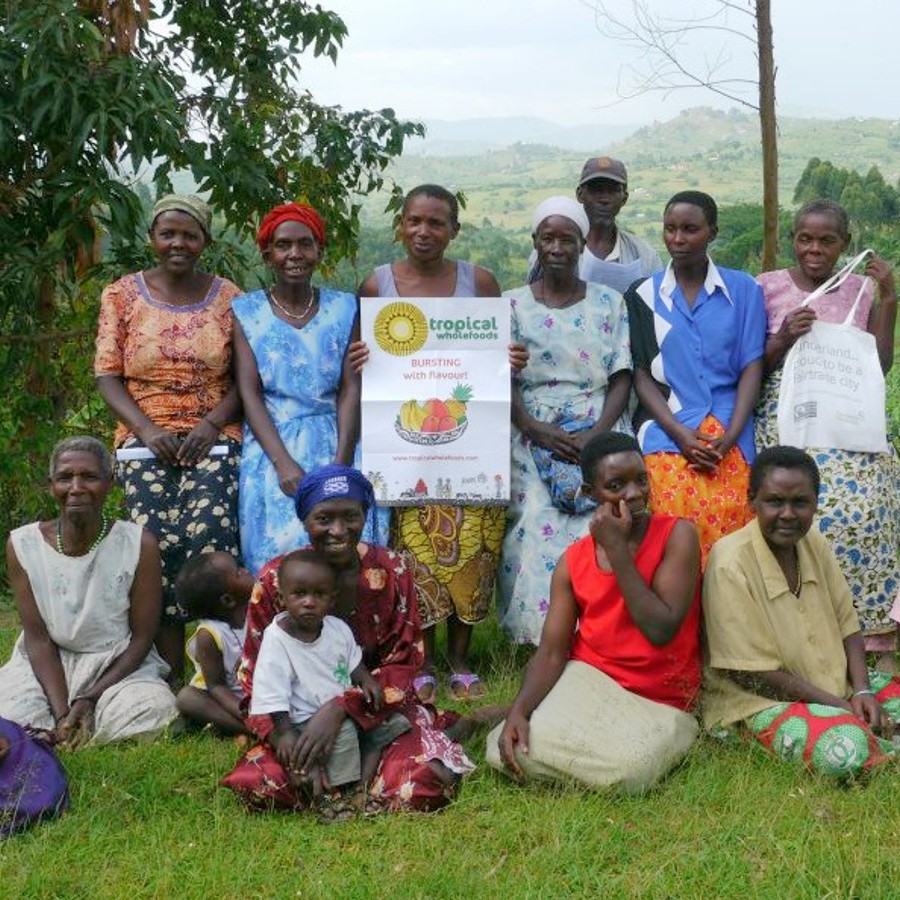
Sunderland, England, United Kingdom
Tropical Wholefoods was founded in the early 1990s to create lasting markets for small-scale farmers in developing countries. They specialize in organic fair trade fruit, nuts, and snackbars with no added sugar or preservatives. Tropical Wholefoods maintains long-term relationships with fair trade partners, pays fair prices in advance, provides training and technical support, advises on certification and best practices, and helps partners get development funding to grow and improve their businesses. They started with sundried banana, papaya, and pineapple from Fruits of the Nile in Uganda and expanded to mango and cashew from Gebana Afrique in Burkina Faso and apricots, almonds, and walnuts from Mountain Fruits in Pakistan. Tropical Wholefoods runs a dry packing line and manufactures their Just 5 snack bars and other specialty bars at Fullwell Mill, their factory in Sunderland. Their products and their factory are Soil Association and Fairtrade certified. Tropical Wholefoods contributes to fair trade events and networks and donates snack bars to local food banks, soup kitchens, and shelters.
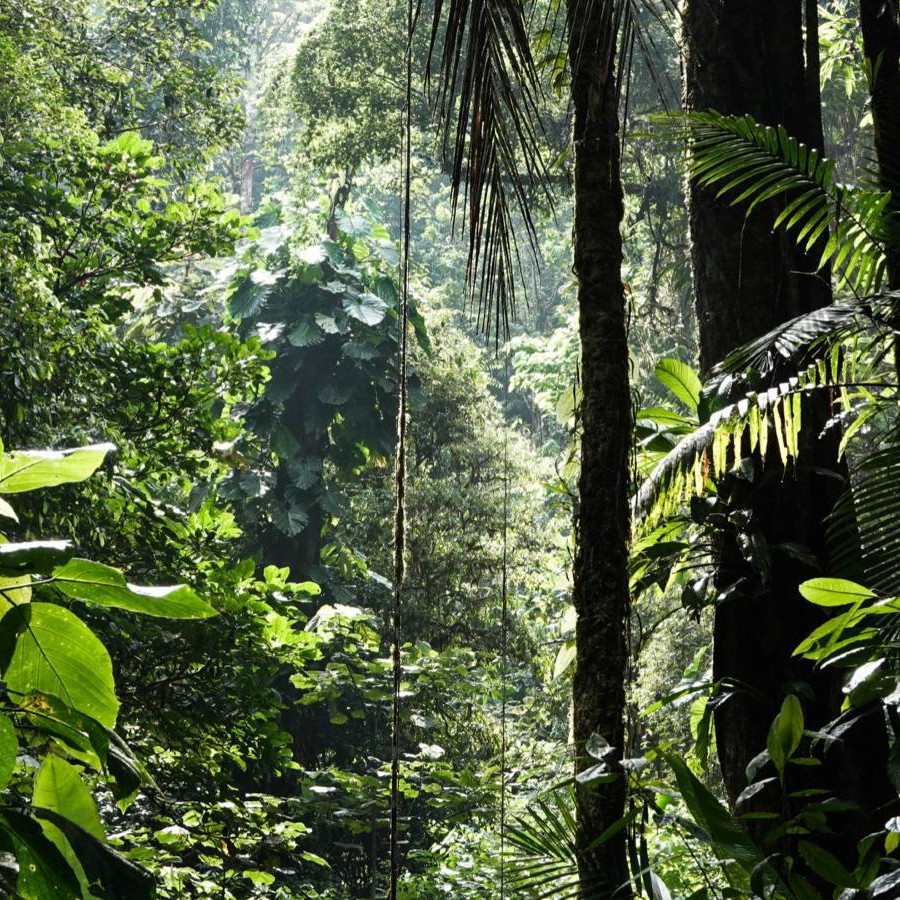
Pérez Zeledón, Costa Rica
Nangu aims to restore degraded land and turn it into regenerative food forests through a network of purpose-driven organizations that grow, process, and distribute food, medicine, materials, and other forest products. The first Nangu village is being developed in Costa Rica and will focus on practicing regenerative agriculture, supplying affordable fresh fruits and vegetables for the local market, and building long term relationships with eco-ethical brands. The global team is developing core values, a governance model, and a public knowledge base to share these experiences and help guide and empower new communities around the world to regenerate our earth, our relationships, and our economy.
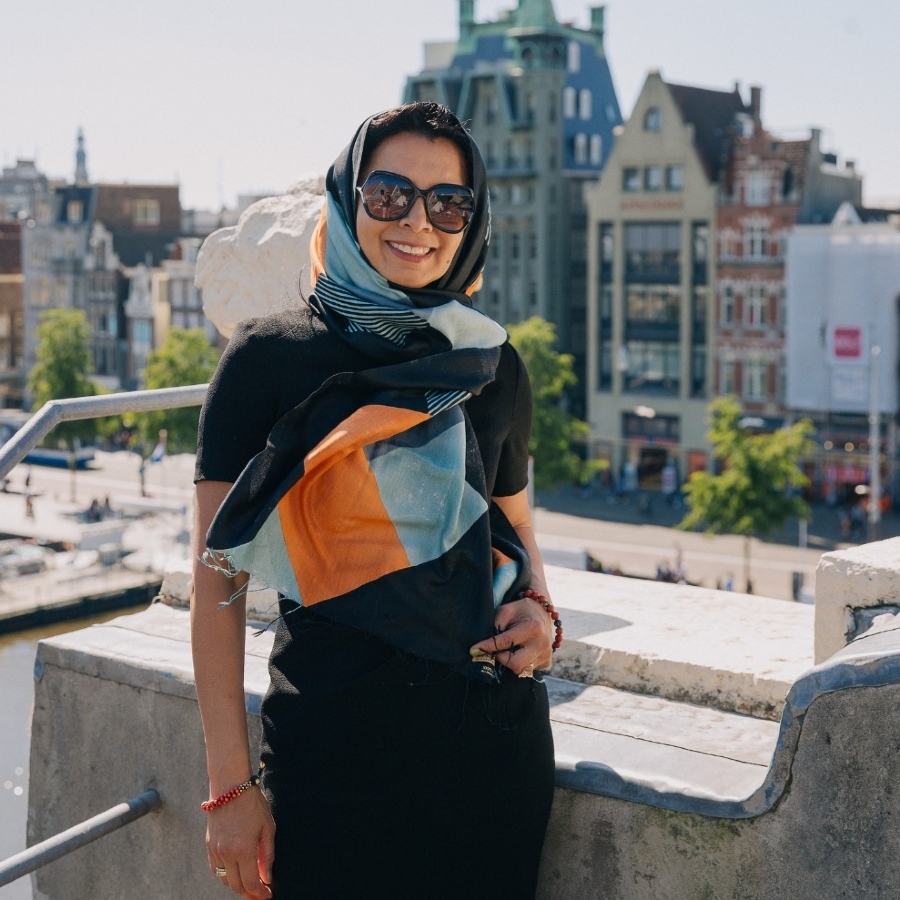
Amstelveen, Netherlands
Urban Medley helps conscious consumers in Europe and North America access ethical and sustainable handmade accessories that empower artisans in India and ensure that traditional embroidery, printing, and weaving skills are passed on to the next generation. They offer a unique range of scarves, wraps, capes, and kimonos made from organic cotton, ahimsa silk, and environmentally responsible dyes. All of their suppliers are committed to fair pay, safe and comfortable working conditions, paid leave, and support for artisans’ families. Urban Medley works with Noyyal Go Green in Coimbatore to create product bags from organic cotton with buttons from discarded coconut shells. Shipping boxes and wrapping paper are made from recycled materials. For every order placed, Urban Medley plants a tree in India through Tree Nation. They also partner with Tree Nation to offset the carbon emissions associated with their website.
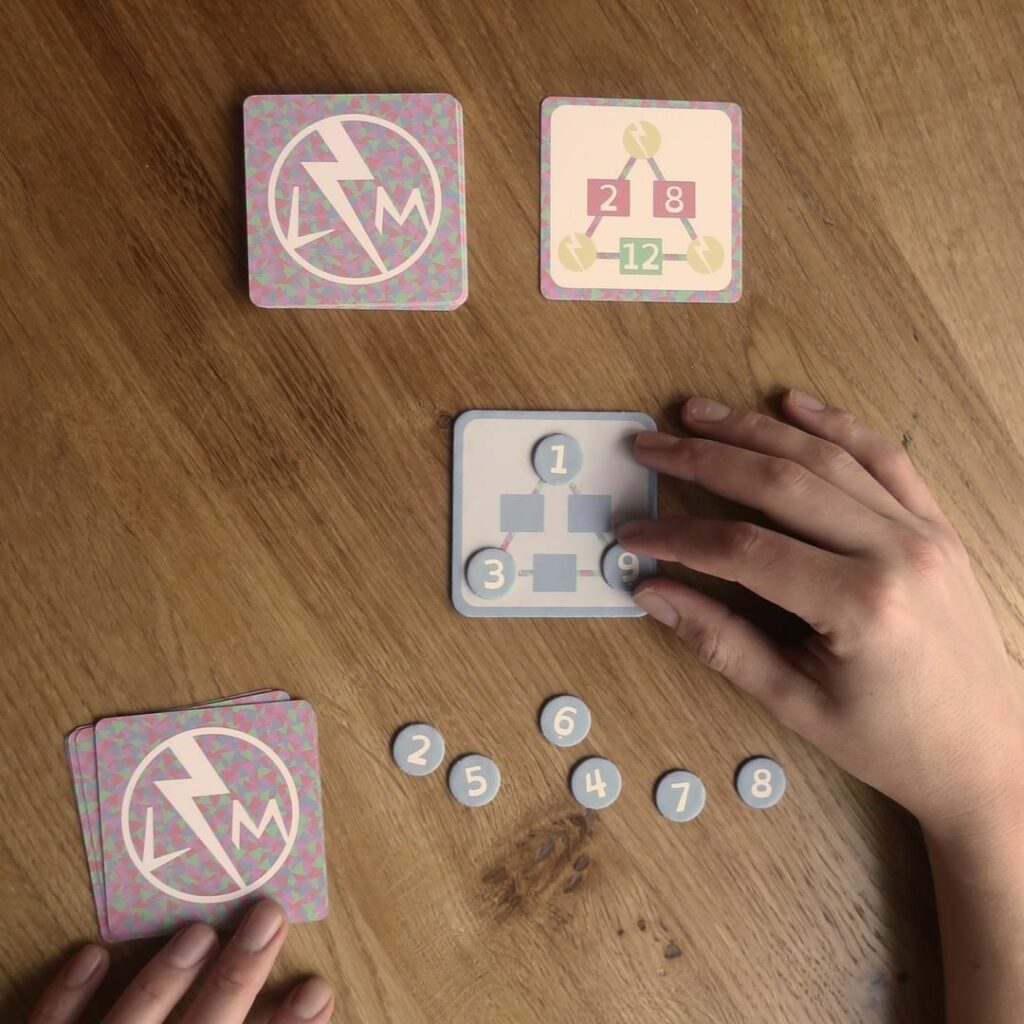
Sheffield, England, United Kingdom
Lightning Maths is an educational social enterprise that believes everyone, no matter their background, can learn to love the language of numbers. They offer math games and learning programs that support mathematical self-confidence, fluency, and problem solving for all ages. The games were developed by the founder, a math teacher that works with students facing barriers related to interpreting information, like dyslexia and dyscalculia, and concentration, like ADHD. Lightning Maths partners with schools that provide educational programs for students from low-income families. They prioritize local suppliers and service providers with ethical practices, and they manufacture in Europe to reduce carbon emissions. Lightning Maths has an asset lock and reinvests profits for social impact. They are a member of Social Enterprise UK and collaborate with other social impact enterprises through networks like the School for Social Entrepreneurs and the Young Foundation.
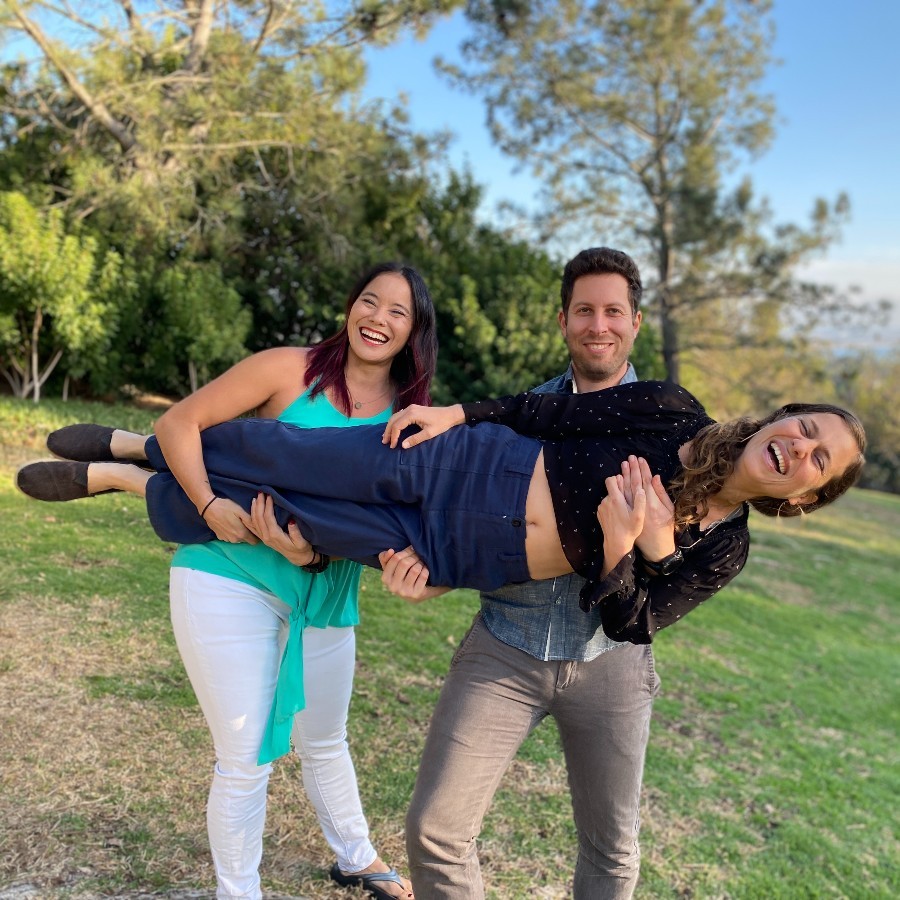
San Diego, California, United States
BuyChoice aims to make ethical shopping easier, so that people can align their spending with their values and help create a thriving planet. Their directory includes brands and products with recognized certifications like World Fair Trade Organization, B Corp, Leaping Bunny, PETA Approved Vegan, EPA WasteWise, and 1% for the Planet. Users get customized product recommendations based on their personal ethical preferences. BuyChoice uses their platform to raise awareness about conscious consumption and choices that are good for people, planet, and animals. The founders have also developed Rooted, a school and community for ethical brand owners focused on food, fashion, and beauty.

Grouville, Jersey
Jersey Sea Salt produces natural unrefined sea salt that is ecologically harvested and solar dried. They collect fresh Channel Island sea water in their salt houses, and when the moisture is evaporated, they sort, sieve, and pack the salt by hand. Most modern sea salt is boiled or kiln dried to speed up the process, but this increases the carbon footprint and causes magnesium salts and other essential elements to be lost. As a solar evaporated salt, Jersey Sea Salt maintains all of the trace minerals and elements that are important for flavor and wellness. Products include oak smoked sea salt and sea salt blends with local seaweed or fair trade organic chili, black pepper, or lemon. They offer refillable glass bottles, minimize packaging, plant native trees, and provide free educational visits for school groups and the local college. Jersey Sea Salt is part of Genuine Jersey and EcoJersey.
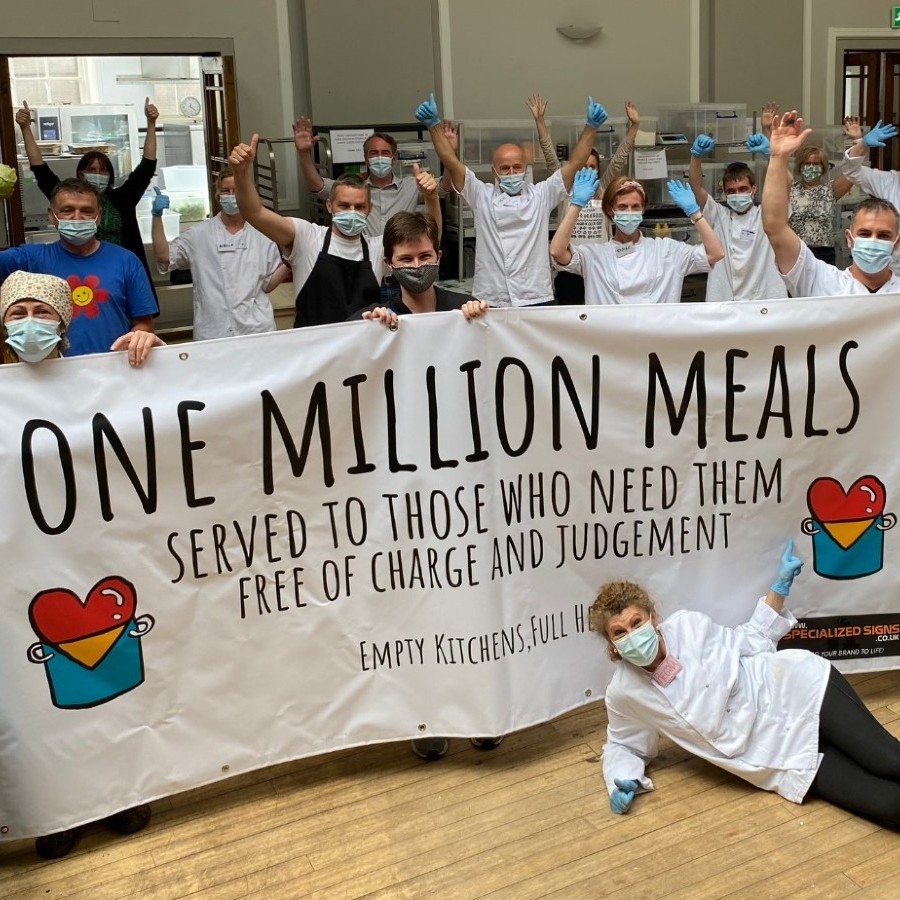
Edinburgh, Scotland, United Kingdom
Empty Kitchens, Full Hearts turns surplus food into healthy meals for those who find themselves in need. Their volunteer-driven food kitchen has served people across Edinburgh, free of charge and free of judgment. The ultimate goal is to be put out of business because the hunger crisis is thoroughly addressed by improved supply chains and government action. Empty Kitchens, Full Hearts unlocks the potential within people, places, products, and produce. They engage with unemployed and underemployed community members and help them develop confidence and skills, they move their operations into empty buildings and help improve them, and they collect food donations and convert them into breakfasts, lunches, dinners, and snacks for 800 to 1,600 people a day, seven days a week. The team is committed to minimizing waste and reducing negative environmental impacts and is in the process of developing a community garden initiative. Empty Kitchens, Full Hearts is a not-for-profit social enterprise that is registered as a Community Interest Company limited by guarantee.
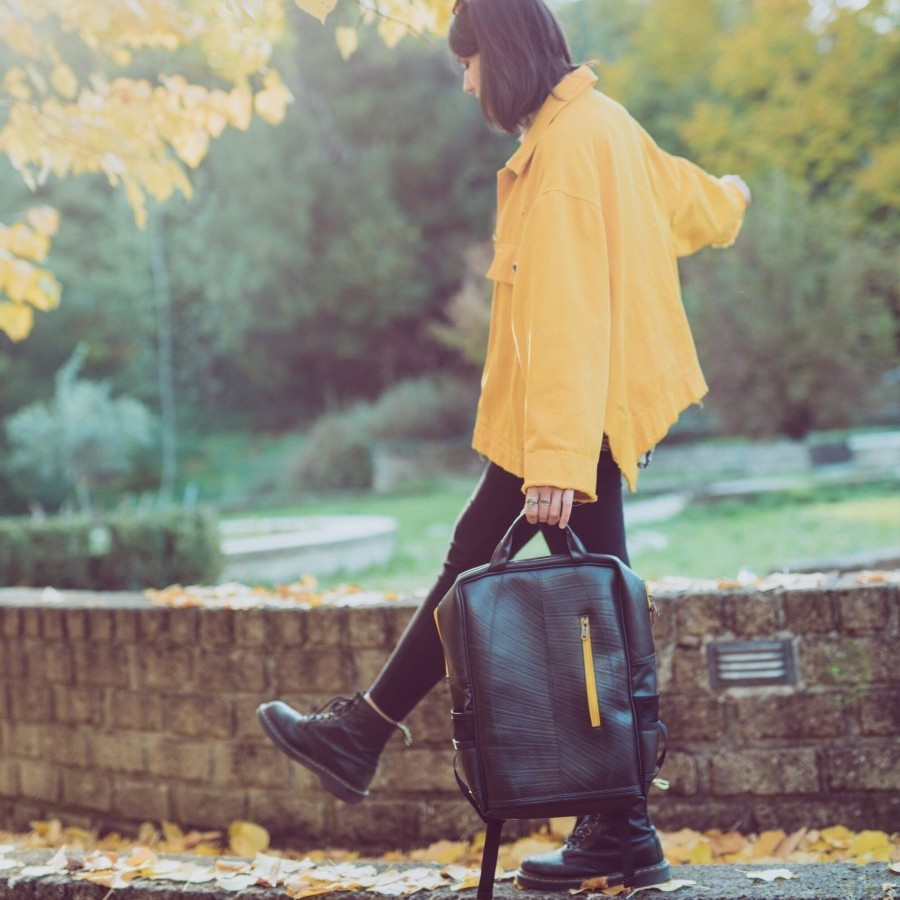
London, England, United Kingdom
Lost in Samsara offers fair trade bags, wallets, jewelry, and accessories that are ethically made from upcycled and sustainably sourced materials by skilled artisans from underprivileged backgrounds. They partner with small-scale artisan cooperatives around the world that provide fair living wages, safe working conditions, vocational training, and long-term stability. Lost in Samsara prioritizes recycled materials that would otherwise go to landfills like used tires, cement bags, motorcycle seats, and bullet cases and also uses traditional natural materials like tagua vegetable ivory and backstrap woven fabrics. They give a portion of the profits to their partner cooperatives and work with One Tree Planted to plant a tree for every product sold. Customers have the option of making their order carbon neutral by contributing to a water filtration project in Cambodia that reduces wood consumption for water boiling. Lost in Samsara is a member of BAFTS Fair Trade Network UK and Social Enterprise UK.
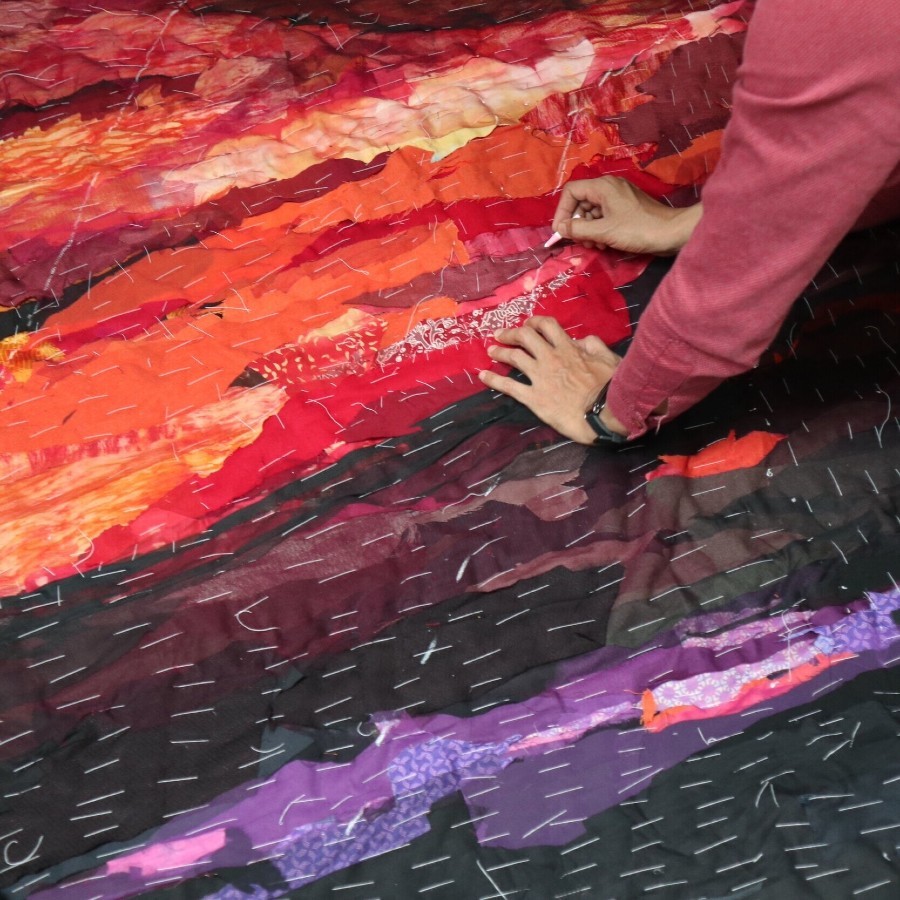
East Jakarta, Indonesia
Threadapeutic is an artisanal textile studio that designs for sustainability. They salvage fabric scraps and offcuts and use them to handcraft their signature faux chenille textiles, contemporary bags, fashion accessories, housewares, and fiber art tapestries. In addition to sourcing waste fabrics from the garment industry, they have also used fabric samples from upholstery stores, jute sacks from coffee breweries, and vinyl from event banners. Their pieces are designed to celebrate the unique qualities of each material, which means no two creations are alike. Dust bags are made from leftover fabrics and packaging is made from upcycled magazine paper and promotional banners. Threadapeutic offers repair and style makeover services for all of their products in order to minimize waste. They are committed to cultivating relationships based on respect and compassion. This includes creating an environment that fosters artisans’ personal development, educating local communities on sustainable solutions, sharing their upcycling expertise, and engaging in collaboration with like-minded peers.

Muntinlupa, Philippines
Pumpkin Juice Creatives helps social enterprises and purpose-led brands increase revenue and expand their impact through compelling copy. They specialize in story-based, purpose-centric copywriting for social media, email campaigns, websites, ecommerce, content marketing, and search engine optimization. Pumpkin Juice Creatives can help new enterprises clarify their brand identity and craft narratives aligned with their voice, personality, brand pillars, and audience persona. For existing enterprises, they offer brand refresh services to update visuals, messaging, and the overall brand strategy. They provide flexible service packages that take clients’ budgets into consideration. Pumpkin Juice Creatives volunteers time to teach aspiring freelancers and business owners skills and strategies to help them find jobs or increase revenue. They use a portion of their profits to help disadvantaged school children access books, laptops, and other learning materials.
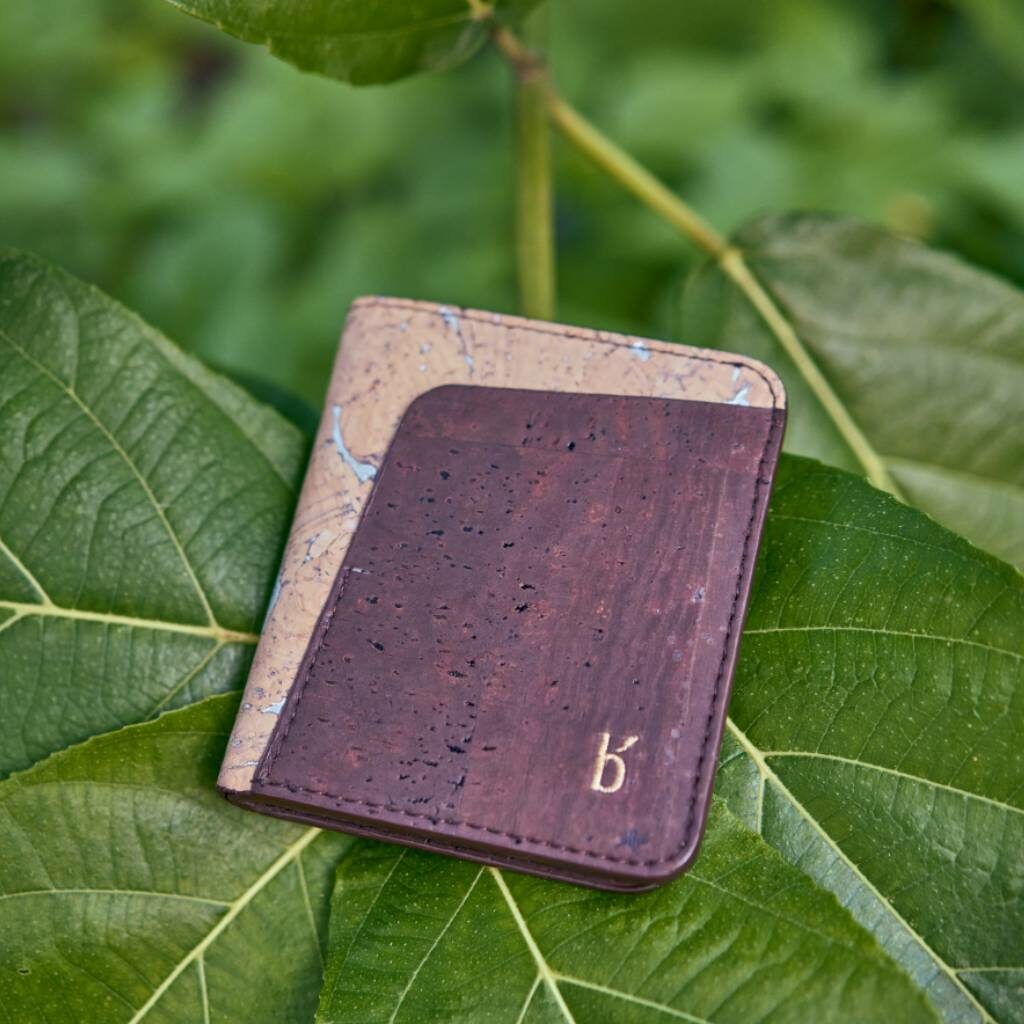
Mumbai, Maharashtra, India
Beej is an accessories design studio that aims to make sustainability a mainstream fashion choice. They specialize in handcrafting bags, wallets, belts, and other accessories from natural, plant-based alternatives to leather and pleather. Materials, hardware, patterns, packaging, and suppliers are all selected with environmental impact in mind. Beej uses sustainably sourced cork, Piñatex from pineapple fiber, Desserto from nopal cactus fiber, Khesh from handwoven recycled sarees, and small scraps of recycled leather from REACH compliant factories. Lining fabrics and zippers are made from recycled materials, products are crafted on demand to minimize inventory and waste, and packaging is designed to be plastic free and zero waste. Dust bags are made from jute and information materials are printed on plantable seed paper. Beej partners with businesses that have shared values and a shared commitment to social and environmental responsibility. For every purchase, they work with GrowTrees to plant a tree as part of a mangrove restoration initiative in the Sunderban area of eastern India.
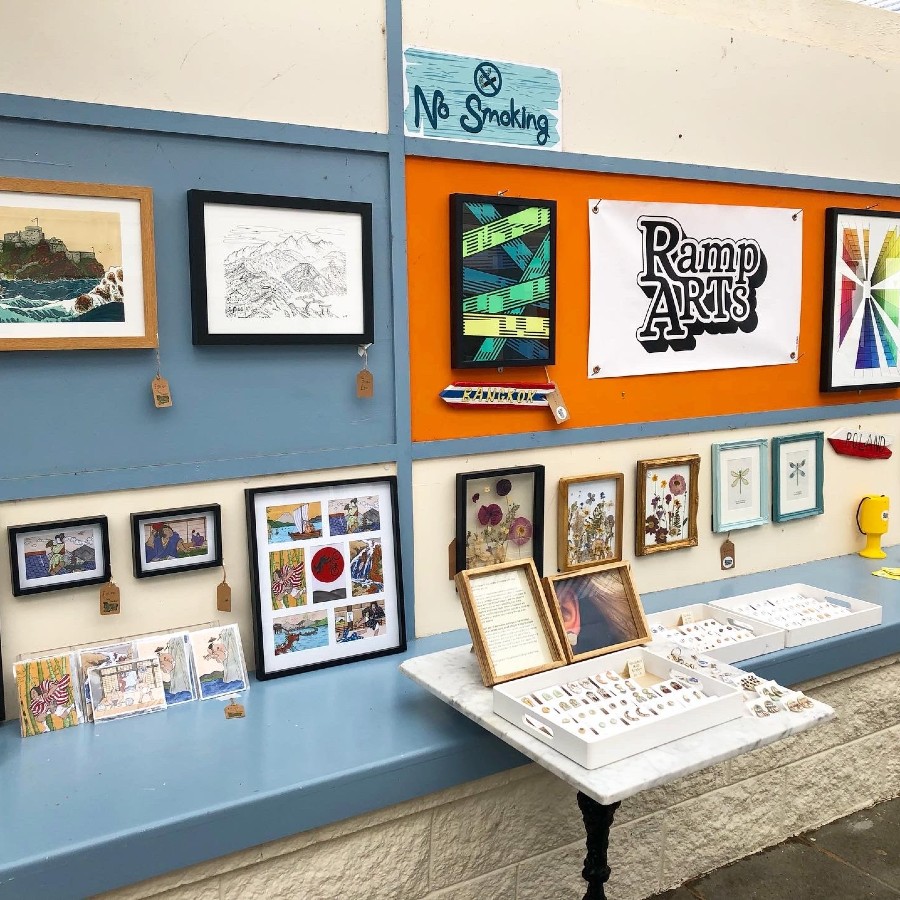
St Clement, Jersey
RampArts is an independent local art collective for Jersey creatives. They organize community projects that support networking and collaboration: exhibitions, art sales, fairs, classes, workshops, programs for children, live music events, public street art, murals, artist features, creative spaces, charity fundraisers, and more. Workshops are free for underprivileged families, and any revenue from ticketed events is used to support future projects. RampArts works with Salvation Army to reach out to people that might benefit from their free services and with Autism Jersey to adapt their work to meet the needs of people with autism. RampArts does not charge for their projects or services, does not take commissions on artwork sales, and does not receive institutional funding. Overheads are covered collectively through generous donations from RampArtists, supporters, and friends.
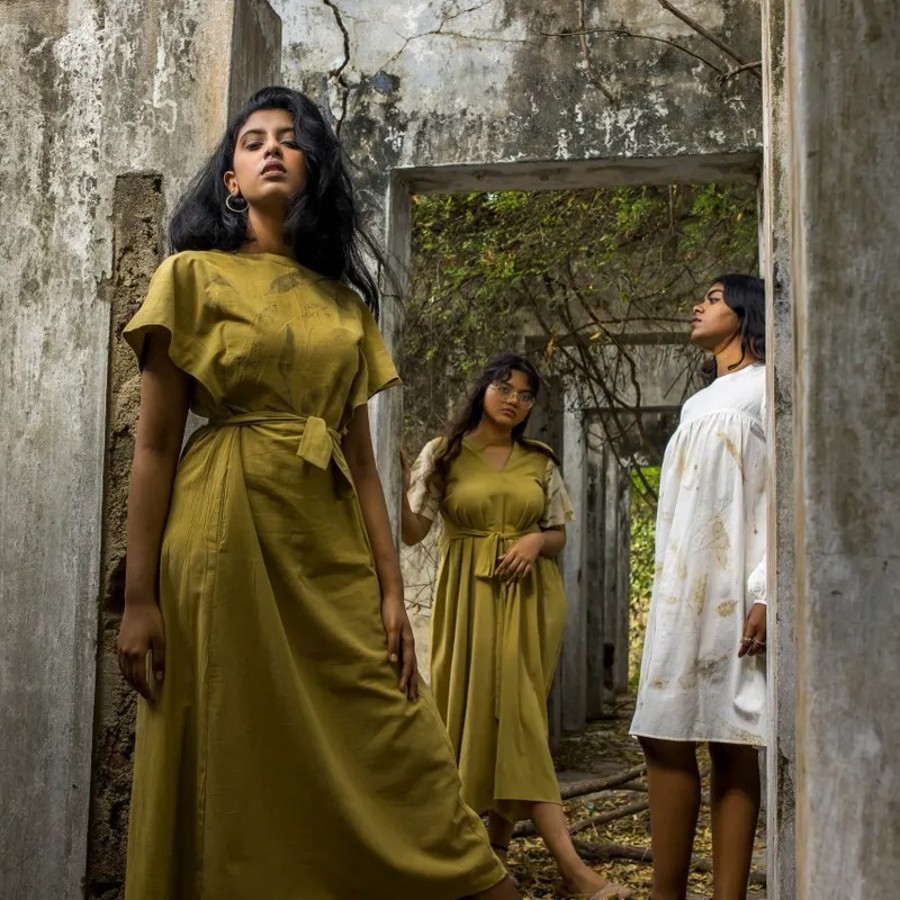
Chennai, Tamil Nadu, India
Tintory offers sustainable, environmentally responsible clothing choices and supports communities of artisans through fair trade practices. They use organic khadi fabrics that are spun, woven, and naturally dyed and printed by women from the Gandhigram Trust. Colors come from plants like Indian madder and minerals like iron. Tintory’s packaging is plastic free and handwoven from palm leaves by a community of women weavers in Ramnad district of Tamil Nadu. Garments are designed to be versatile, adaptable, and fit many body types. Tintory is working towards becoming a zero waste venture by converting fabric offcuts into upcycled textiles and accessories.
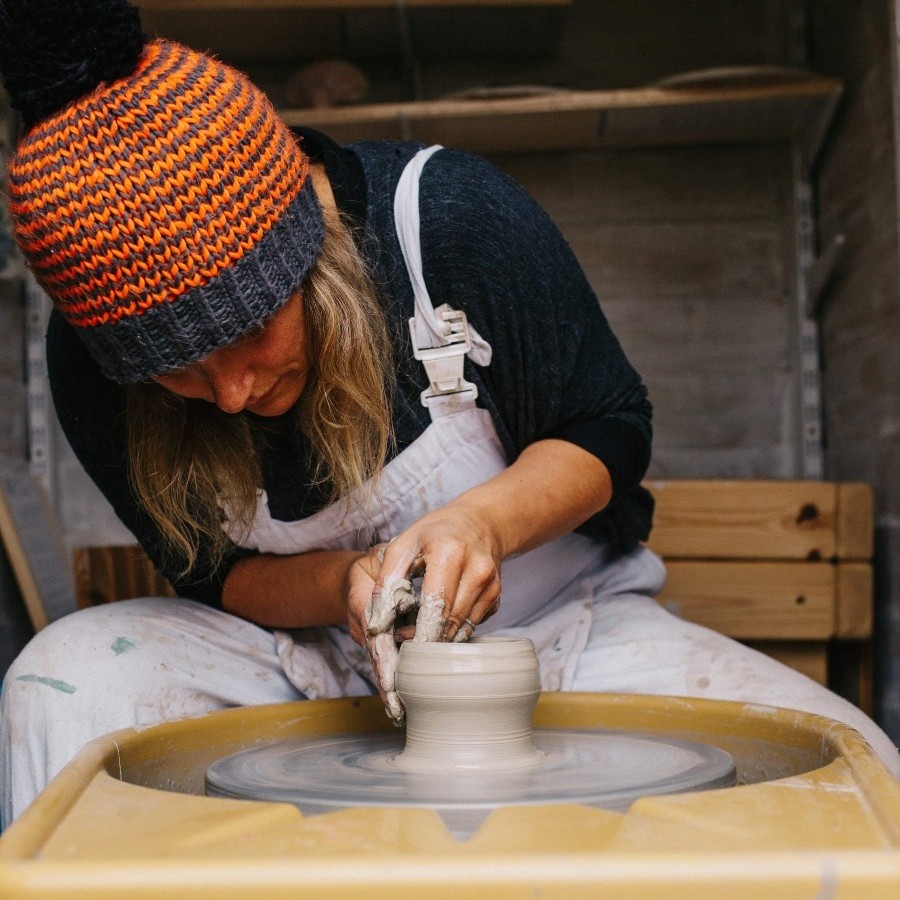
Les Colombiers, Jersey
Land and Moon creates unique ceramic tableware and home accessories that support the planet and its people. They provide handmade local pottery as a beautiful, environmentally responsible alternative to plastic housewares and imported goods. They also teach wheel throwing to local community members as an opportunity for mindfulness, personal growth, healing, and connection. Land and Moon Ceramics recycles clay, reuses water, and is committed to resource conservation.
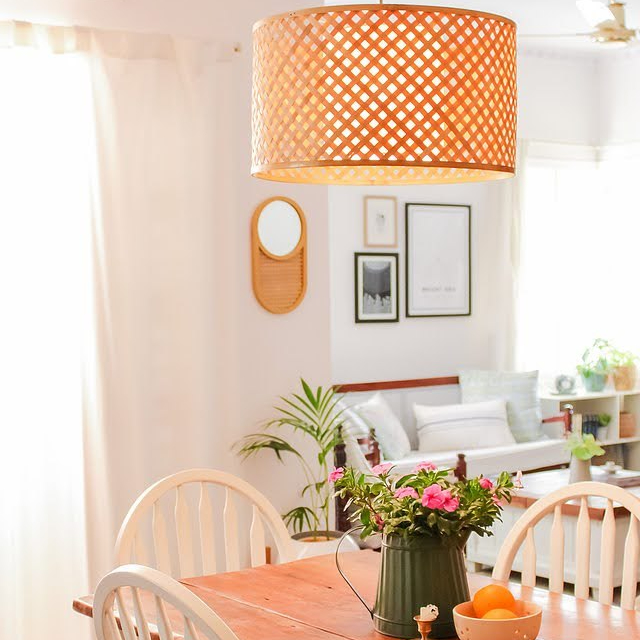
New Delhi, India
Mianzi aims to revolutionize the way bamboo is seen and used in India. They bring together award-winning designers and bamboo artisans to create unique, contemporary furniture, tableware, lighting, and other housewares. Mianzi works with the Madhya Pradesh State Bamboo Mission under the National Bamboo Mission to promote the growth of quality bamboo, train skilled artisans in modern design and international standards, and provide specialized tools and equipment. Bamboo is one of the fasting growing plants on the planet. Harvests are possible every second year for up to 120 years with a yield 25 times higher than timber hardwoods. It is durable, stronger than timber, naturally antibacterial without any treatment, grows in arid regions, prevents erosion, and releases about 35 percent more oxygen than an equivalent stand of trees. Mianzi ensures ethical wages and reduces urban migration by creating better livelihood opportunities for rural artisans in their home communities.
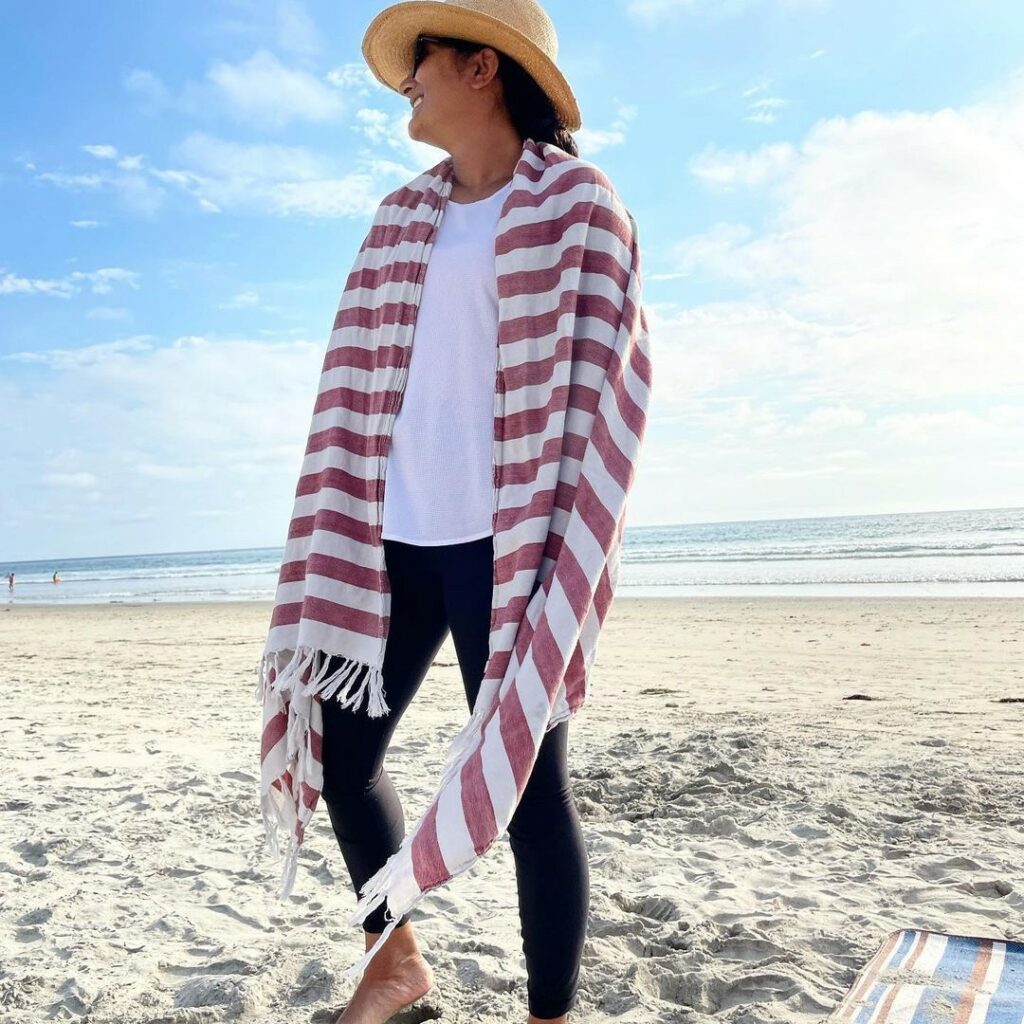
Keecheri, Kerala, India
Kara Weaves is an all-women fair trade social enterprise that creates contemporary new designs and market opportunities for the torthu, a striped cotton towel handwoven on traditional wooden looms. They offer napkins, kitchen towels, bath towels, robes, kaftans, coverups, scarves, and other housewares and accessories. Kara Weaves partners with weaving and tailoring cooperatives in Kerala that follow one member-one vote principles and are recognized by the government. They use natural cotton fiber, azo-free dyes, and zero waste practices. Kara Weaves is a member of Fair Trade Forum India.
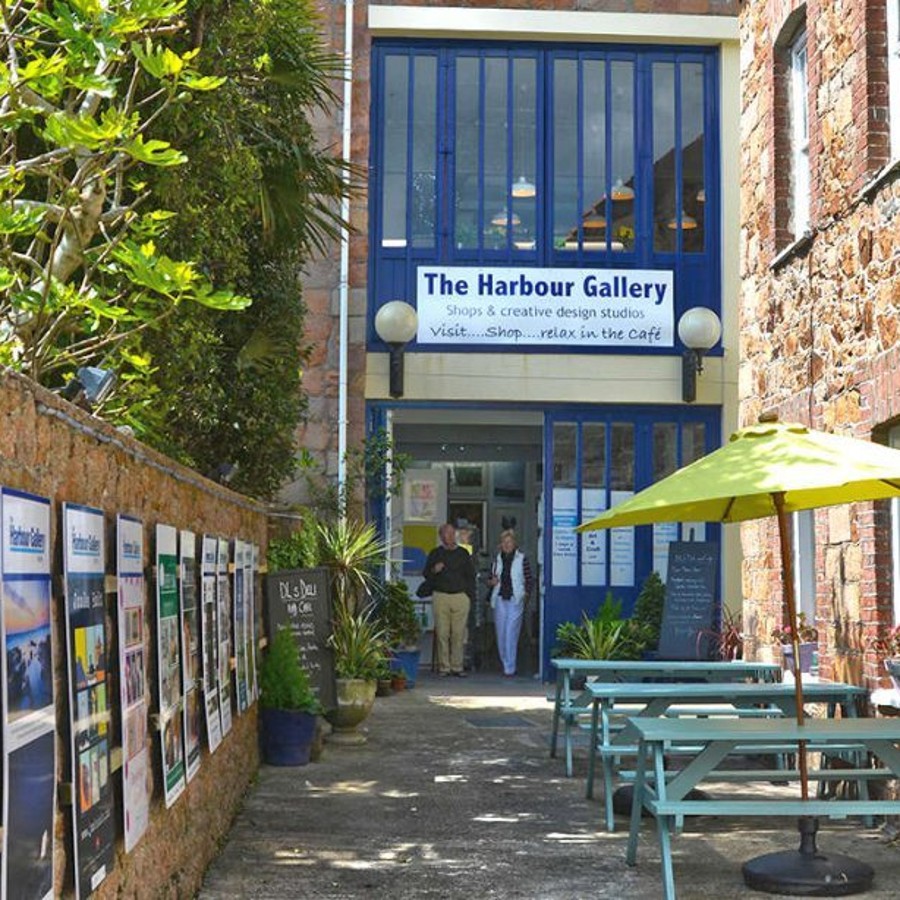
St Brelade, Jersey
The Harbour Gallery Jersey includes a retail area with work from more than 100 local artists and makers, an exhibition space which hosts up to ten shows per year, artist studios, a classroom workspace, the Entrelac Yarns wool shop, and The Gallery Café. The three-story facility is managed by Art in the Frame Foundation, a charity that was started by two local art teachers in 1998 to promote up-and-coming Jersey artists and provide art education for all ages. They offer a range of workshops, classes, and events year-round for both children and adults. The Harbour Gallery supports other community organizations. They partner with Acorn Reuse on an upcycling challenge, collect materials for Jersey Mencap, a local organization that supports people with learning disabilities, host an annual exhibition of art by Jersey prisoners, and are part of Genuine Jersey. Printing is done by Berestford Street Kitchen, an employment social enterprise serving people with learning disabilities and autism. The Harbour Gallery operates on a not-for-profit basis and reinvests all proceeds to expand their services and impact.
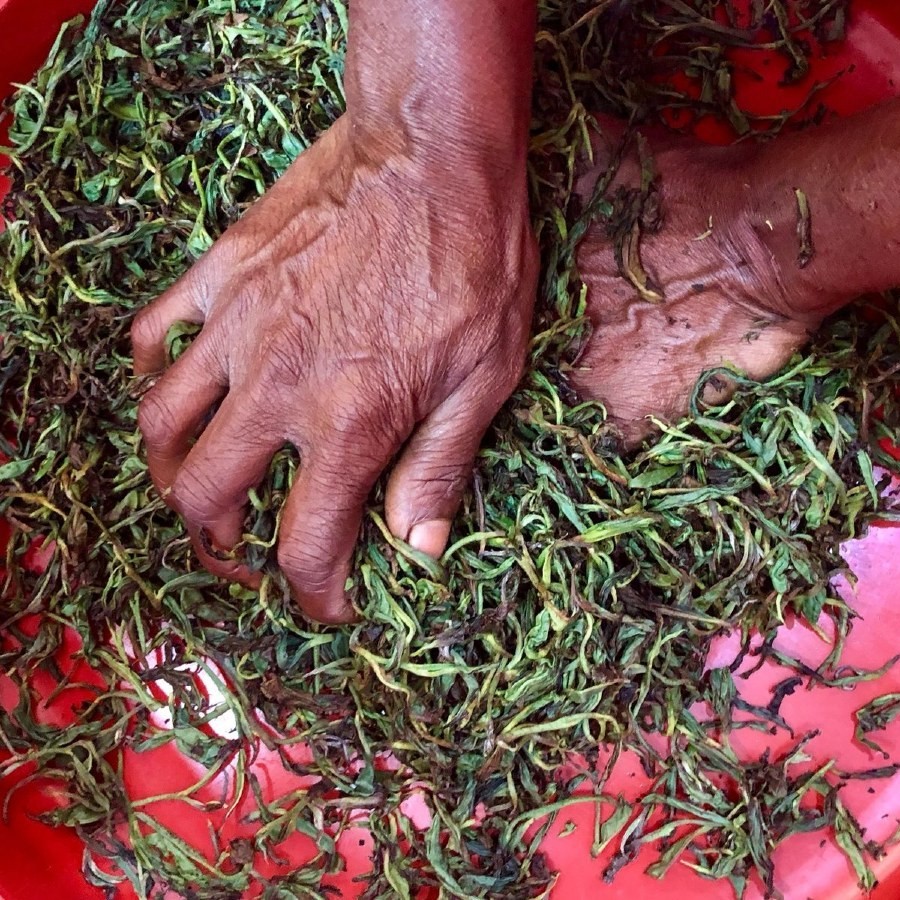
Gammaduwa, Sri Lanka
Monkeytail is an artisanal tea brand from the Gammaduwa Bungalow tea gardens that aims to operate as a self-sustaining social enterprise and provide training, rural employment opportunities, and support for local estate and village communities. They offer fair trade wages, salary advances, interest free loans, and a profit-sharing scheme for workers and English language lessons and grants for local students in need. Guests enjoy heritage bungalow accommodation, locally grown food, mountain views, and hill country tea trails for walks and mountain bike rides. They can also participate in a Monkeytail tea experience or tea tasting to learn how the tea is organically grown, plucked, withered, hand rolled, oxidized, and dried. The shop includes Monkeytail artisanal black teas, green teas, and spices and homemade jams, chutneys, and pickles. They work with tour partners that have wheelchair accessible transport and offer facilities for wheelchair users and the visually impaired. Monkeytail supports Peace & Community Action Sri Lanka and is part of the Ceylon Artisanal Tea Association (CATA).
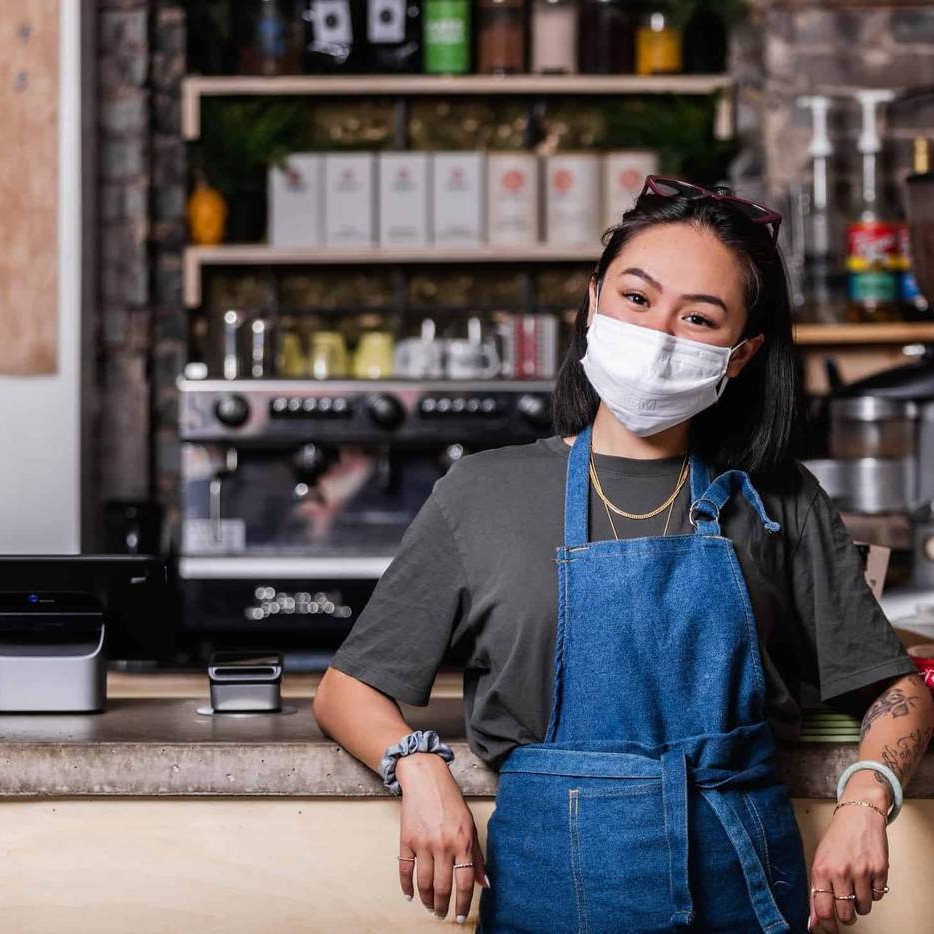
London, England, United Kingdom
Sourcery is an online wholesale marketplace that makes it easier for retailers and other small businesses in the United Kingdom to buy from local and environmentally responsible suppliers. They aim to increase sustainable sourcing, reduce transport carbon emissions, enable independent retailers to differentiate themselves from large chains with imported products, and help local social enterprises and small businesses reach new customers and amplify their impact. Their wholesale product categories include food, drinks, personal care, cleaning products, housewares, zero waste supplies, and more. Sourcery is part of Better Space, Zebras Unite, Tech for Good, and the government’s Net Zero Working Group for small and medium enterprises.
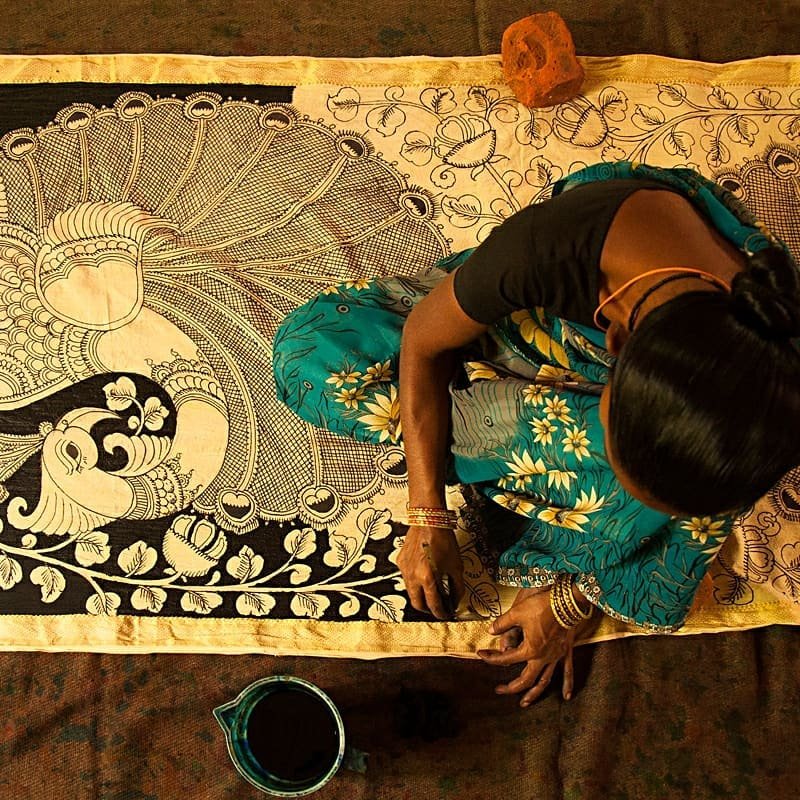
Noida, Uttar Pradesh, India
The India Craft Project cocreates products, services, and experiences with indigenous artisan communities across India. They aim to improve the socioeconomic conditions of rural artisans, ensure equal pay, equal access to opportunities, and steady income throughout the year, and support creative growth and youth engagement in traditional crafts. For products, they offer games, clothing, accessories, housewares, artwork, and more. For services, they coordinate corporate gifts, commissioned designs, and bulk orders. For experiences, they are developing online workshops and craft tours. The India Craft Project helps their network of artisans build relationships with each other, develop new designs, source materials, and improve their photography and social media skills. They are part of Creative Dignity, Raaha, and Catalyst 2030.
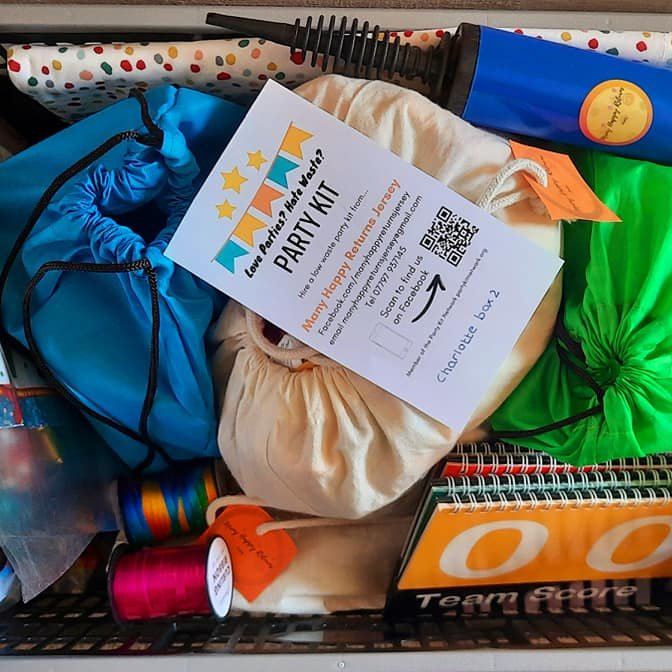
Saint Helier, Jersey
Many Happy Returns Jersey maintains a lending library of reusable party supplies and party kits to minimize waste and benefit the local community. They accept donations of preloved supplies and offer them out on loan so new items do not need to be purchased for a one-time event. In addition to reducing the environmental impact of parties, it also reduces the cost of birthday parties for low-income parents. Many Happy Returns offers dishes, cake tins, serveware, displays, games, preloved foil balloons and banners, and other party decorations. Borrowers are encouraged to make a small donation. So far, proceeds have been used to support Acorn, a charity that provides employment support for people with disabilities and long term health issues, Jersey Trees for Life, which plants and maintains trees, and Durrell Wildlife Conservation Trust, which aims to save species from extinction. The initiative emerged from the Journey to Zero Waste Jersey community group. Many Happy Returns Jersey is a member of the Party Kit Network and NABAS The Balloon and Party Professionals Association.
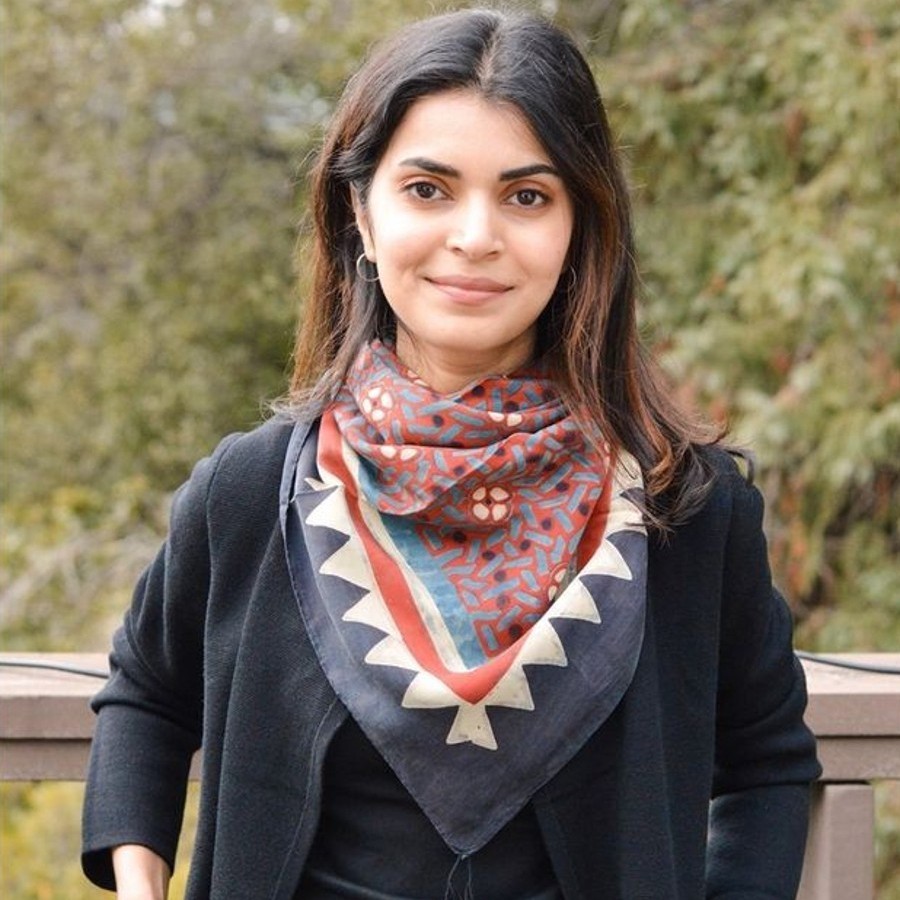
San Francisco, California, United States
Ji Clothing & Living celebrates the diversity of textile techniques from India with a focus on resist dyeing, hand weaving, and block printing. They produce small-batch handcrafted scarves, shawls, throws, and bags from natural and sustainably sourced materials. Ji works with partners who share their vision and commitment to providing fair wages, improving artisans’ working conditions and livelihoods, and preserving traditional craft. Many of their creations are designed and finished from their home-based studio in California. Five percent of profits are used to support the education of their partner artisans’ children. Ji Clothing & Living also donates to foster elephant calves orphaned by human-wildlife conflict each year.
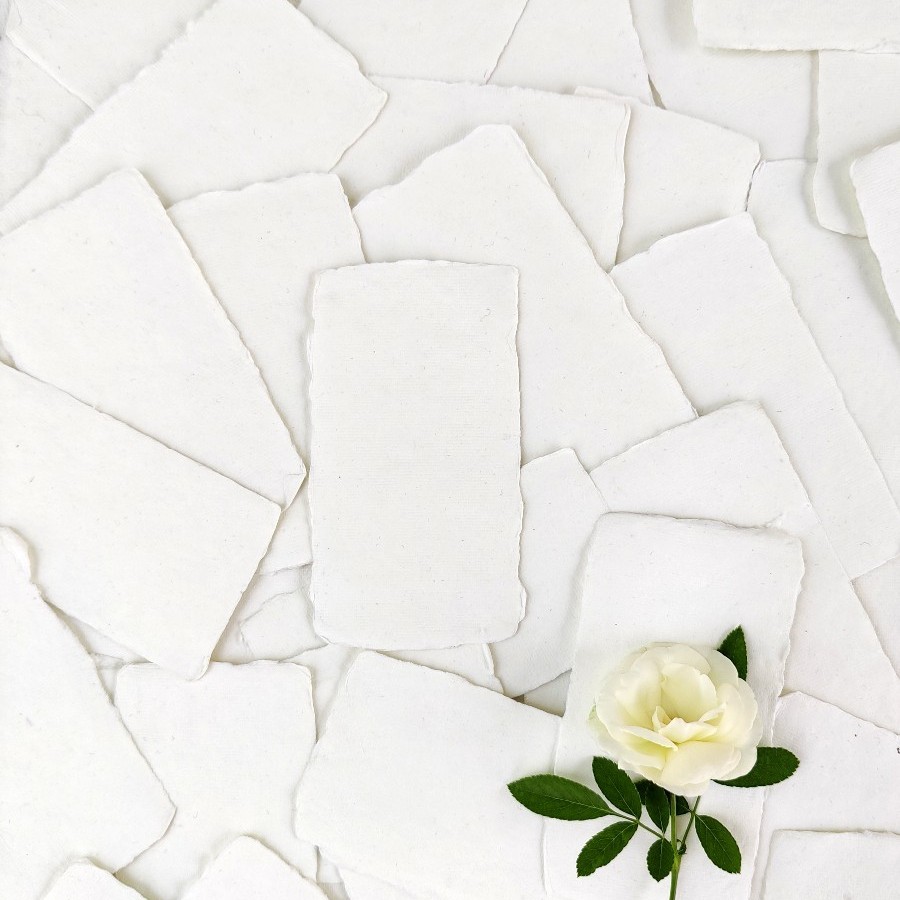
Jaipur, Rajasthan, India
Cottony Goodness creates tree-free handmade paper products by recycling cotton remnants from the textile industry in Jaipur. They offer individual sheets, notebooks, wrapping paper, gift bags, boxes, desk organizers, and more. The paper is hand block printed or hand marbled by the artisans of Sanganer. Cottony Goodness uses a portion of their profits to plant indigenous trees like banyan, neem, and peepal.
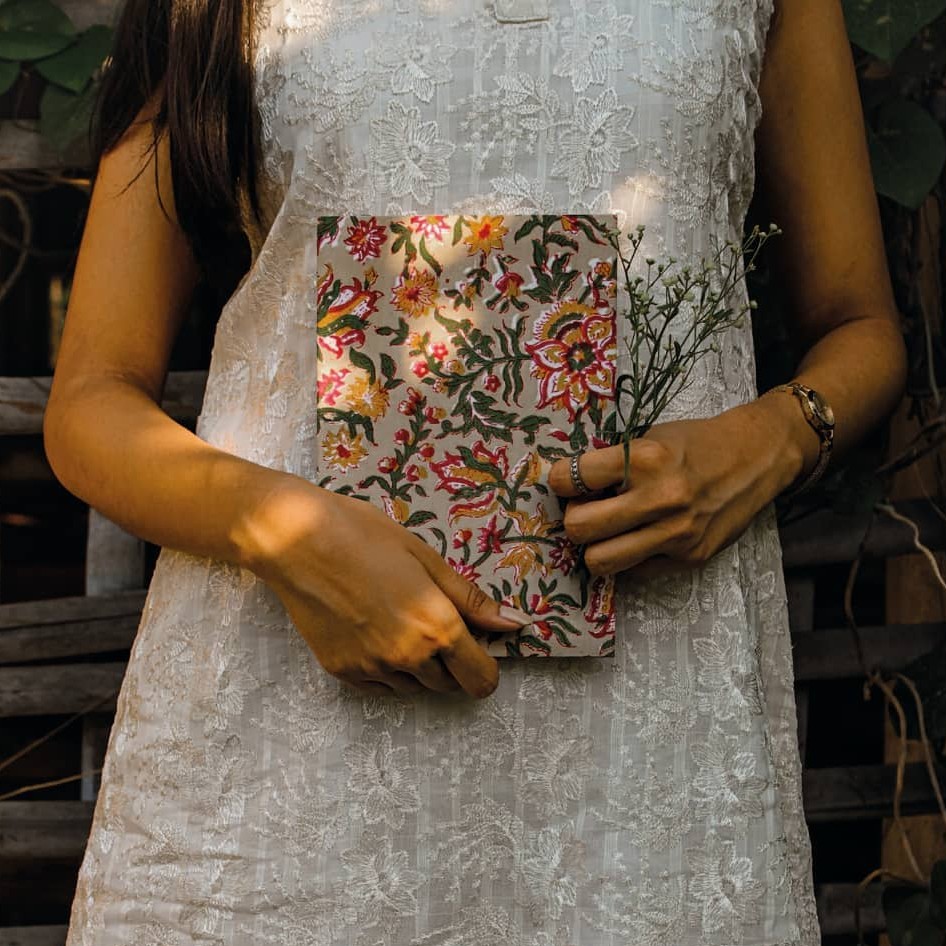
Kota, Rajasthan, India
Ekatra is a sustainable stationery collective with women’s empowerment at the core that specializes in reusable, handsewn journals made from upcycled materials. They also offer cards, notepads, cases, pouches, gift boxes, hampers, and more. Ekatra provides flexible employment opportunities for women from underprivileged communities and helps them develop new skills and financial independence. They use recycled materials and design for zero waste. Ekatra volunteers for Shine India Foundation and uses a portion of profits to pay for computer classes for underprivileged kids.
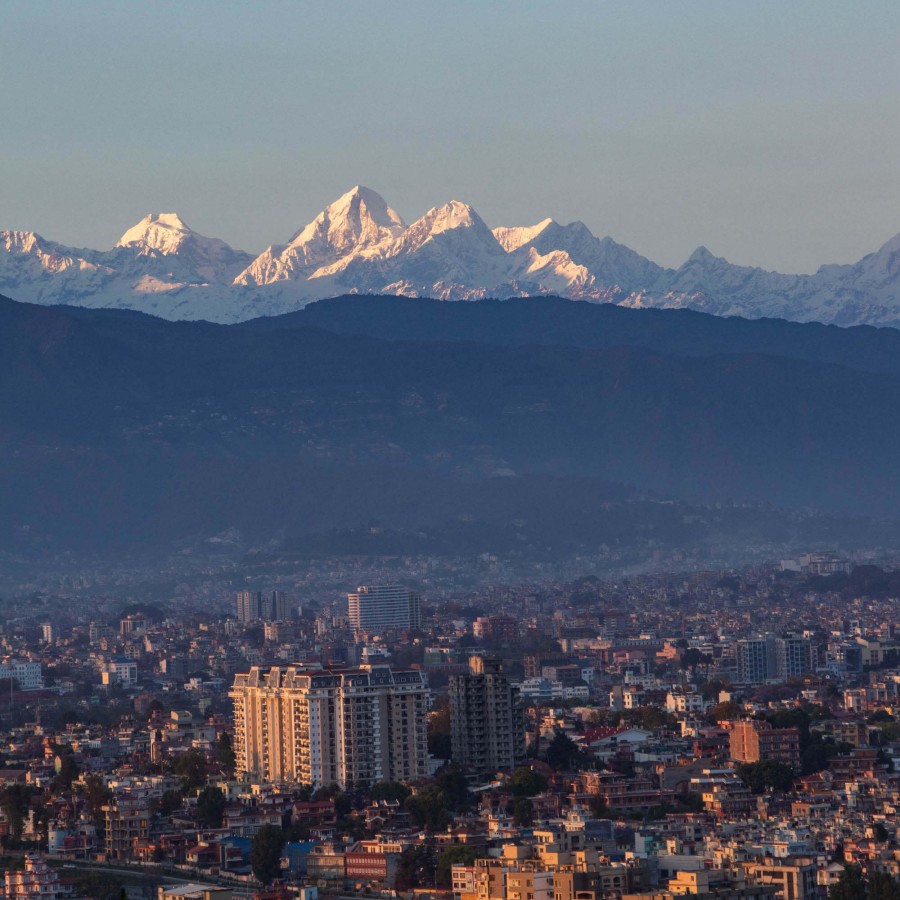
Kathmandu, Nepal
The Social Enterprise Coalition (SEC) in Nepal is a national membership body and standards setting organization that is committed to building a fair, ethical, and sustainable economy. They bring together social entrepreneurs and other practitioners and innovators in Nepal to strengthen the social enterprise movement. The SEC organizes conferences, networking events, market exchange fairs, and social enterprise awards. Any surplus is used to support national initiatives like electronic waste recycling or consumer rights campaigns. The SEC works closely with other national and international networks.
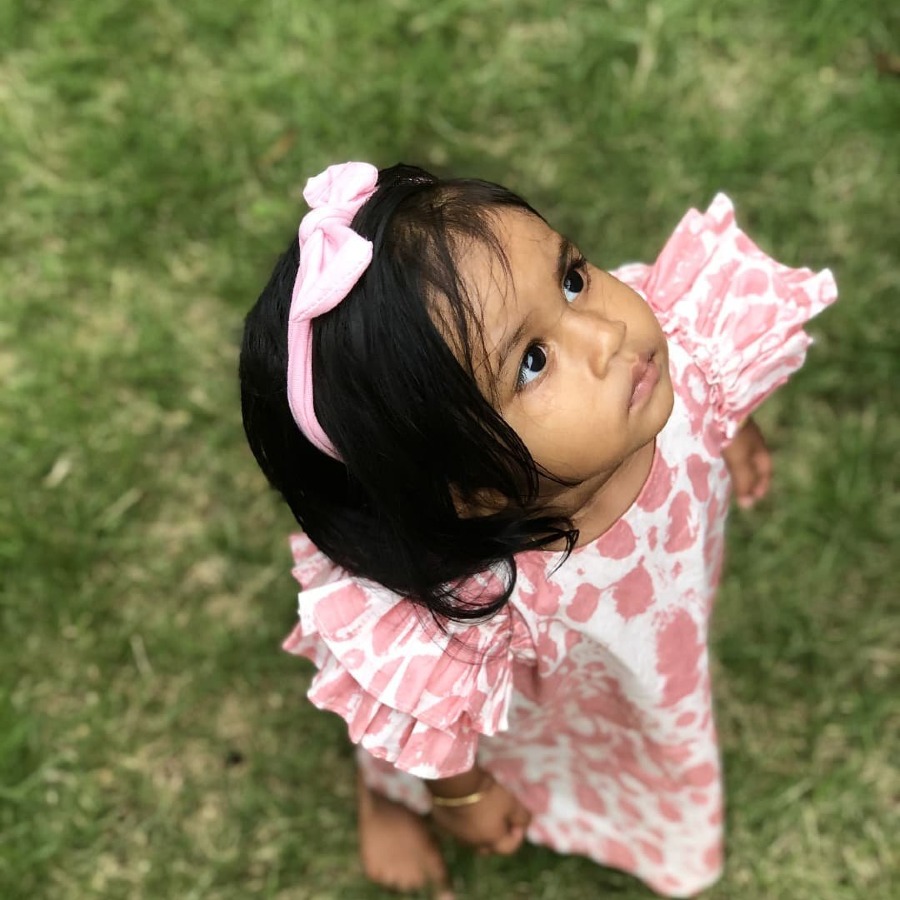
Chennai, Tamil Nadu, India
Young Earthlings offers environmentally responsible children’s clothing, toys, and accessories. They use organically grown cotton and natural plant-based dyes. Products are designed to minimize waste. This includes mindful pattern cutting, flexible sizing, and quality standards to increase durability. Offcuts are used to make dolls and accessories. Young Earthlings packs products in handwoven palm leaf boxes and other compostable materials.
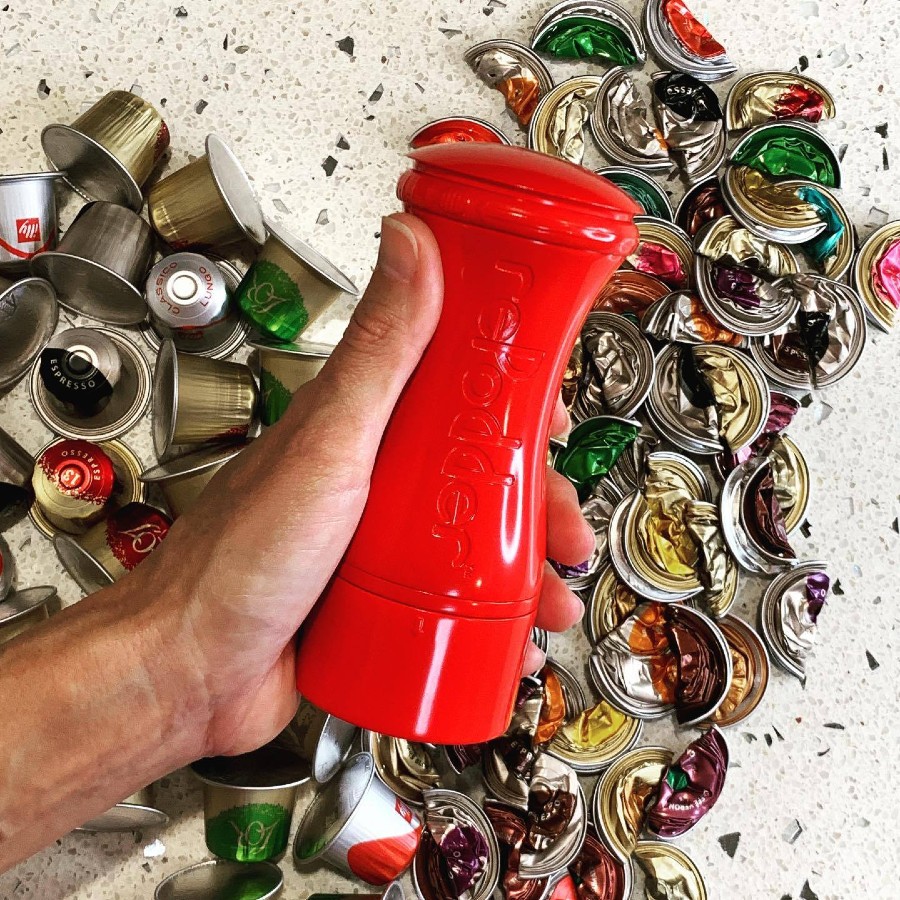
Greenbank, Queensland, Australia
rePodder is coffee capsule recycling tool that aims to reduce the landfill waste and carbon footprint associated with single-serve coffee pods. Currently, billions of single-use coffee capsules enter landfills each year. Compostable pods have been introduced, but they require industrial composting facilities which are not available in most communities. Developed in Australia, the rePodder safely opens aluminium pods so that the coffee grounds can be home composted and the aluminium pod can be recycled through normal recycling channels. This removes the inconvenience and additional carbon footprint of international mail-in programs. Aluminium is the highest value recyclable item that is processed through sorting facilities and helps offset the cost of processing mixed paper and plastic. It can be recycled repeatedly without degrading and uses 95 percent less energy than producing virgin aluminium. The tool is made from recycled and recyclable materials and has replaceable blades. rePodder is a member of the Queensland Social Enterprise Council.
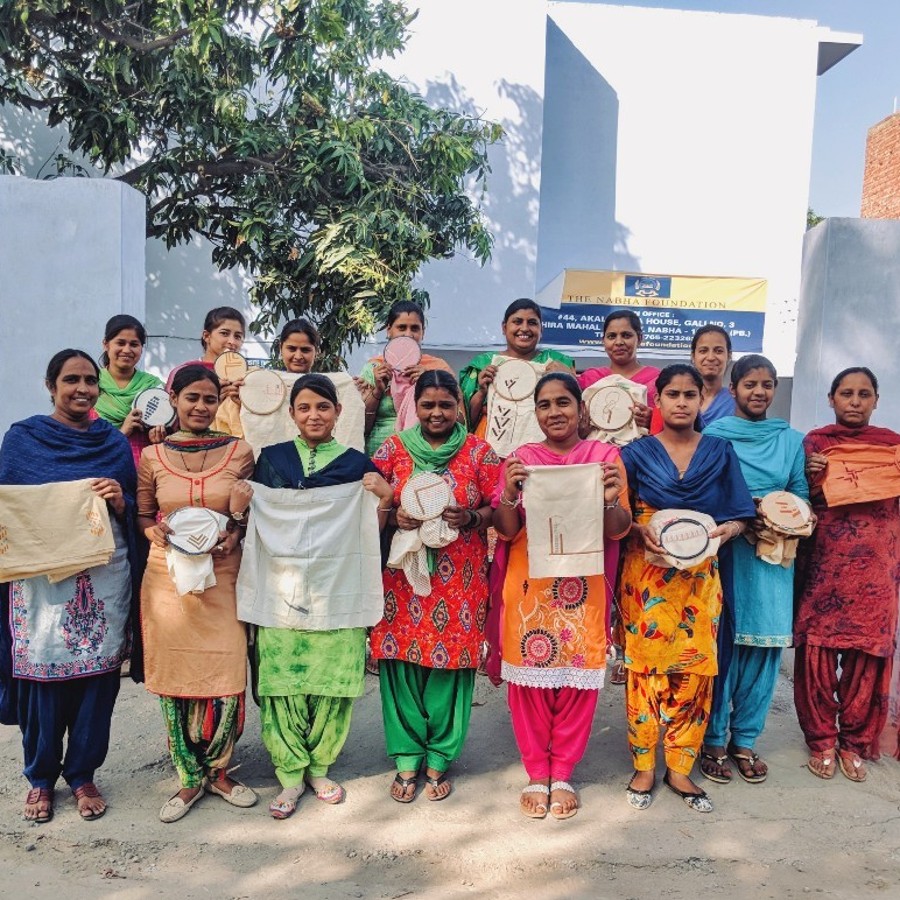
Gurugram, Haryana, India
Sedhantik works with rural and tribal artisans to create contemporary clothing, accessories, and housewares from environmentally responsible raw materials. They focus on manual craft techniques with a low carbon footprint like khadi handloom weaving, Phulkari embroidery, block printing, and natural dyeing. By partnering with rural workshops that offer fair living wages, skill development, and sustainable livelihood opportunities, they help preserve traditional crafts and prevent migration to urban slums. Sedhantik participates in collaborative projects, sells through mission aligned retailers, and offers their own collections online. They also conduct free design education workshops and training programs for rural artisans and use their platform to raise awareness about traditional textiles and ethical slow fashion.
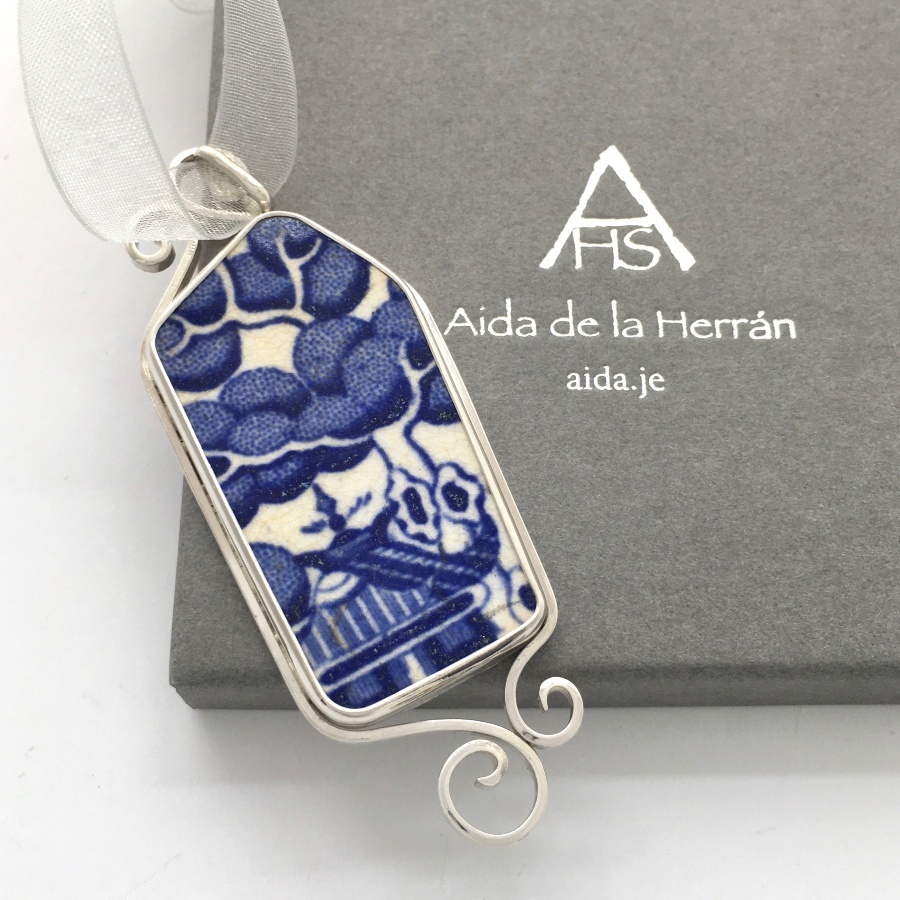
Saint-Sauveur, Jersey
Aida de la Herrán creates handmade silver and gold jewelry from repurposed and recycled materials, including pottery shards and sea glass found on Jersey beaches, and ethically sourced stones from a known supplier. Each piece is unique and made using traditional silversmithing tools and techniques. They prioritize environmentally responsible supplies and handle them safely. Aida de la Herrán Jewellery provides free polishing and maintenance for their work, has done home visits for customers with disabilities, and donates pieces to local school and charity fundraisers. They are a member of Genuine Jersey.
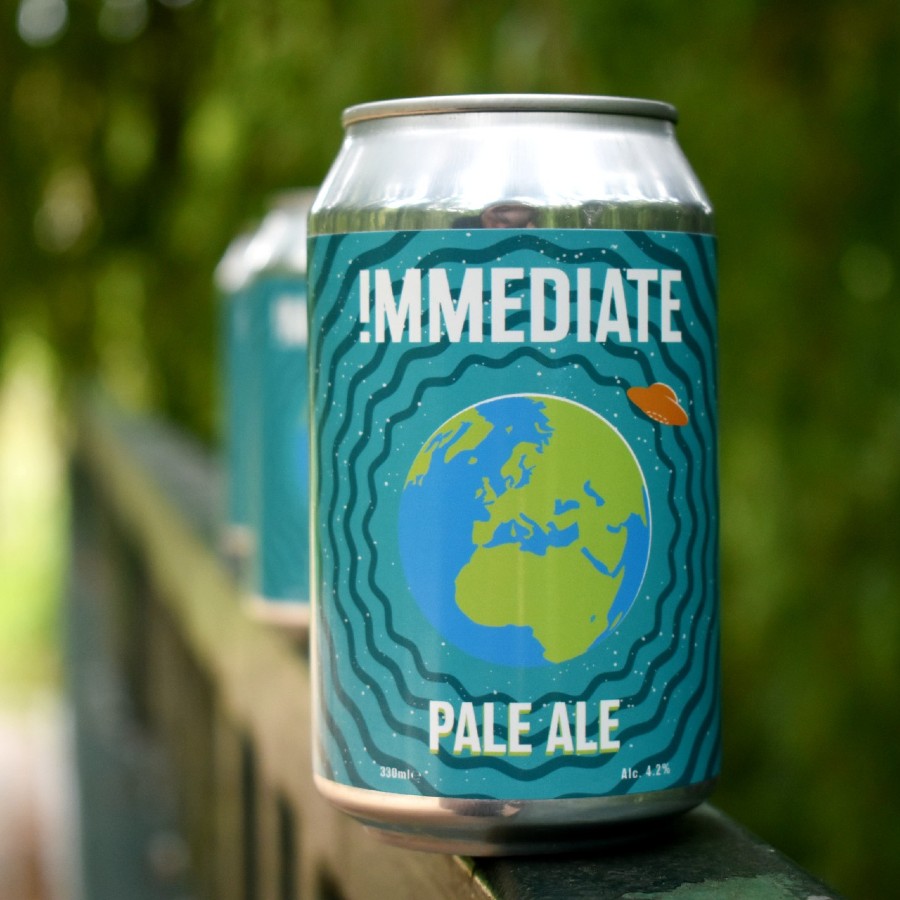
Southampton, England, United Kingdom
Immediate is committed to producing truly sustainable, carbon negative beer from local ingredients like surplus bread and English hops. Cans are sold within a 200 mile radius of their warehouse, and kegs are only sold within the city and are delivered by bicycle or electric vehicle. They do not export. Leftover mass from their brewing process is converted into biogas or goes to local farmers for animal feed. Immediate Beer donates profits to climate positive projects including regenerative agriculture, aquaponic systems, and renewable energy. They are a member of Social Enterprise UK.
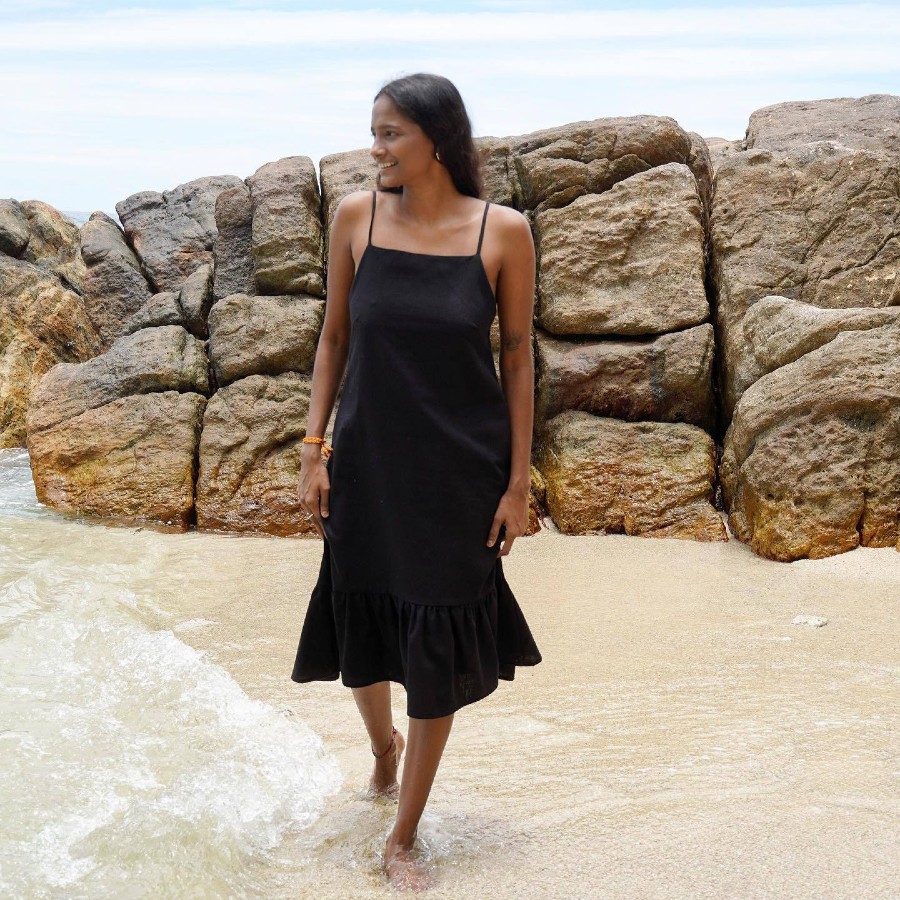
Colombo, Sri Lanka
Ceylon Threads specializes in ethical and sustainable linenwear for all ages. They create employment opportunities for rural women in Sri Lanka and are committed to providing fair pay and a safe, positive, and nurturing working environment. Linen requires minimal energy and water to produce, uses the entire flax plant, and is breathable, durable, and naturally biodegradable. Ceylon Threads follows zero waste design principles. They manufacture in small batches and use scrap materials to produce scrunchies, patchwork table mats and other accessories.
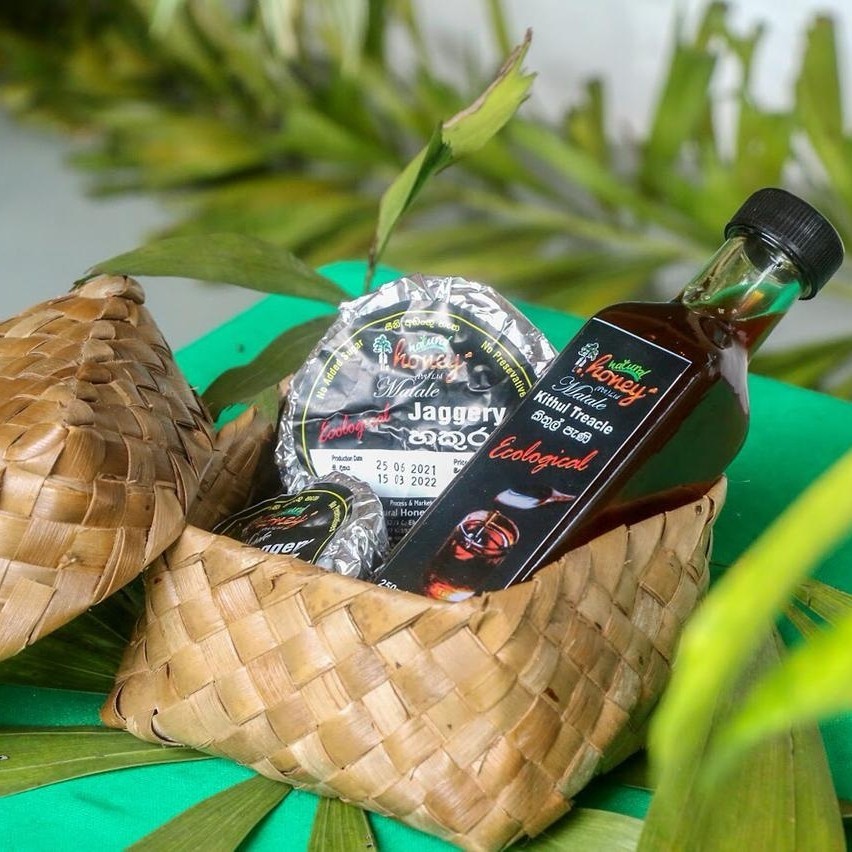
Matale, Sri Lanka
Natural Honey specializes in pure kithul treacle and jaggery from the Matale hills. Kithul has a low glycemic index and is a healthy, local alternative to refined white sugar. Natural Honey works with farmers that are part of organic networks and supports conservation practices for climate adaptation. They donate two percent of profits to the Loam Network.
Know an initiative that’s good for people and good for the planet? The application is currently available in English, Sinhala, Tamil, Urdu, Spanish, and Japanese and started in Nepali: www.goodmarket.global/apply Want to help make it available in another language? Learn more about the community translation project here.